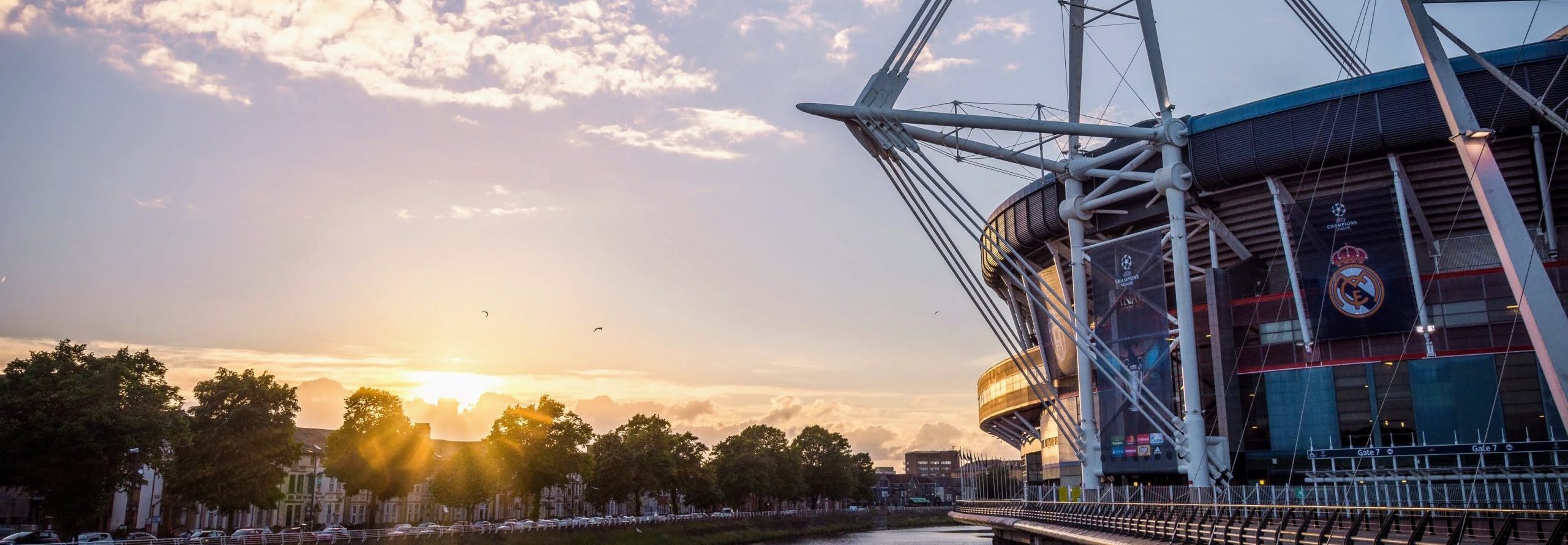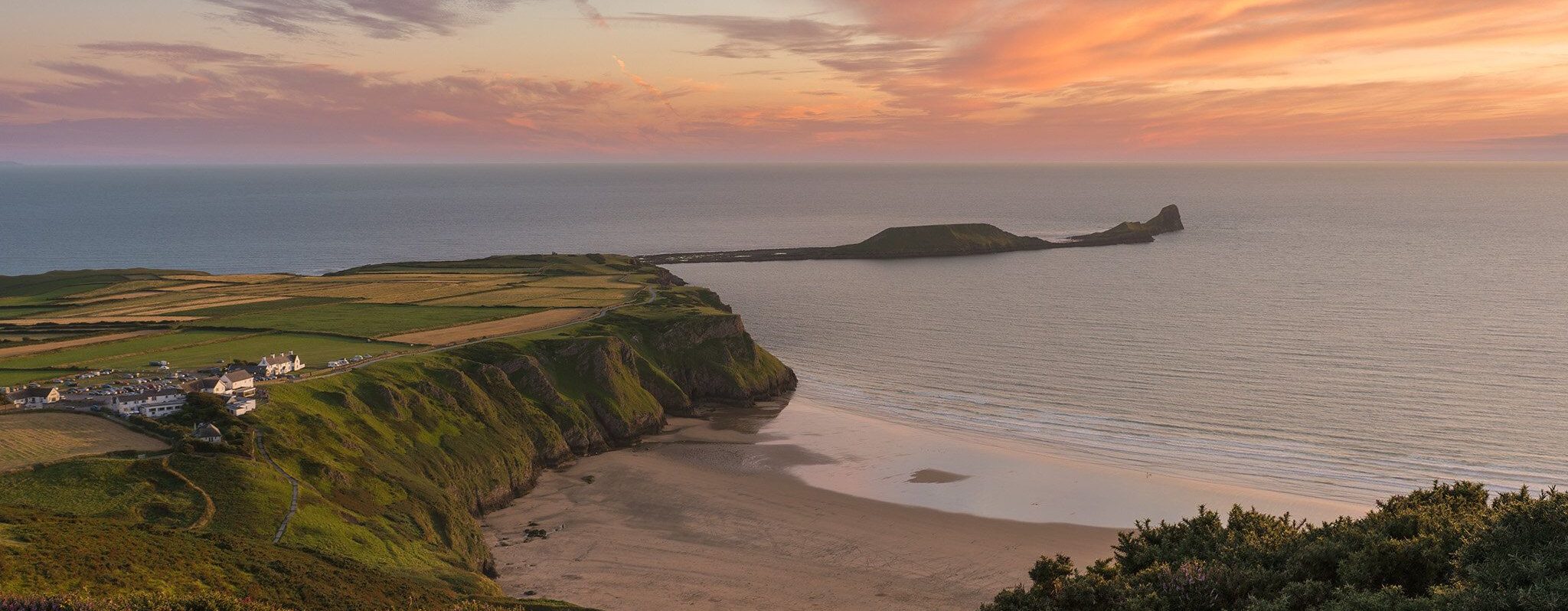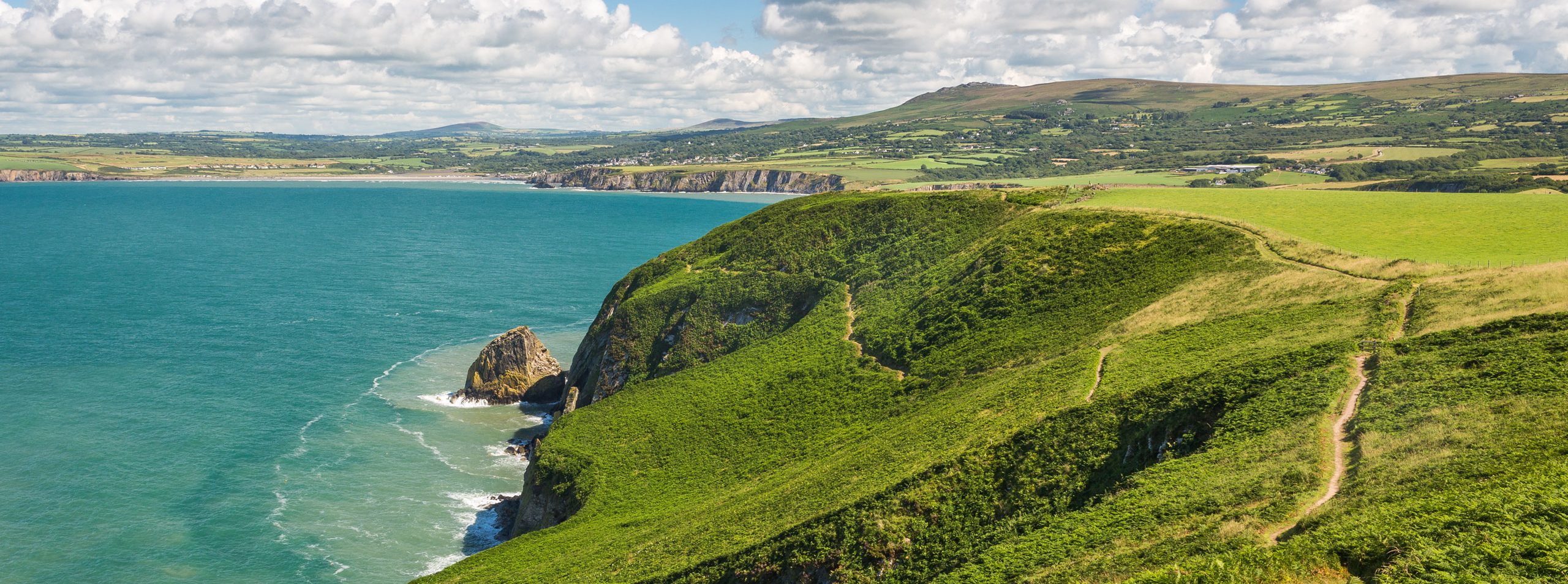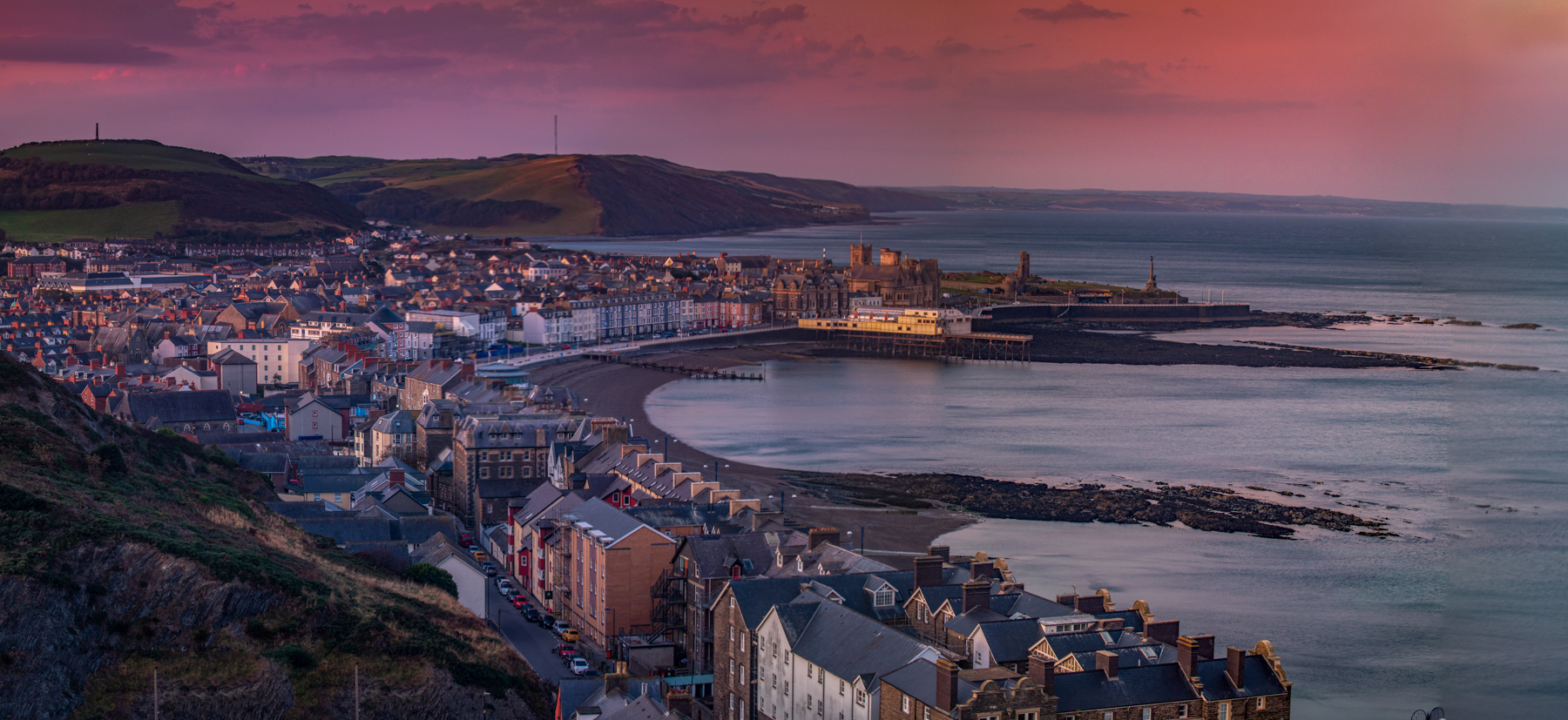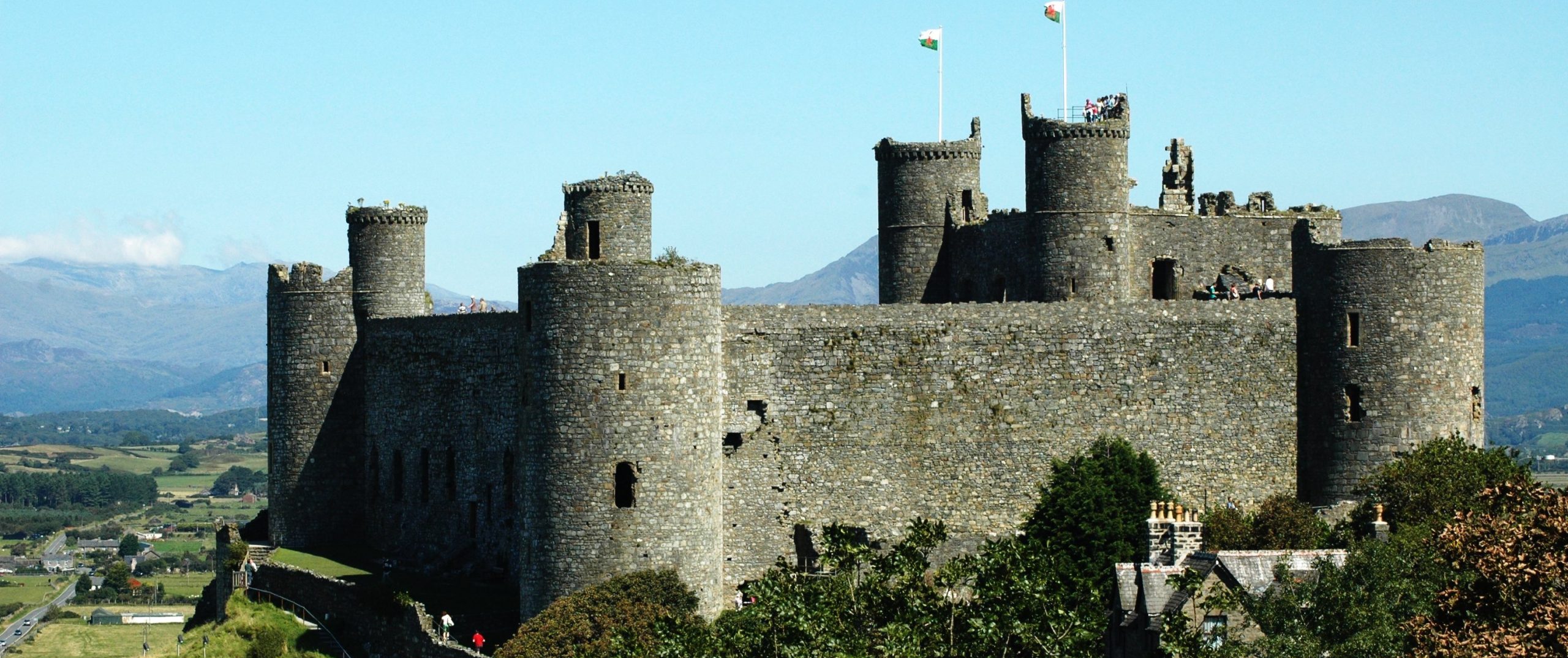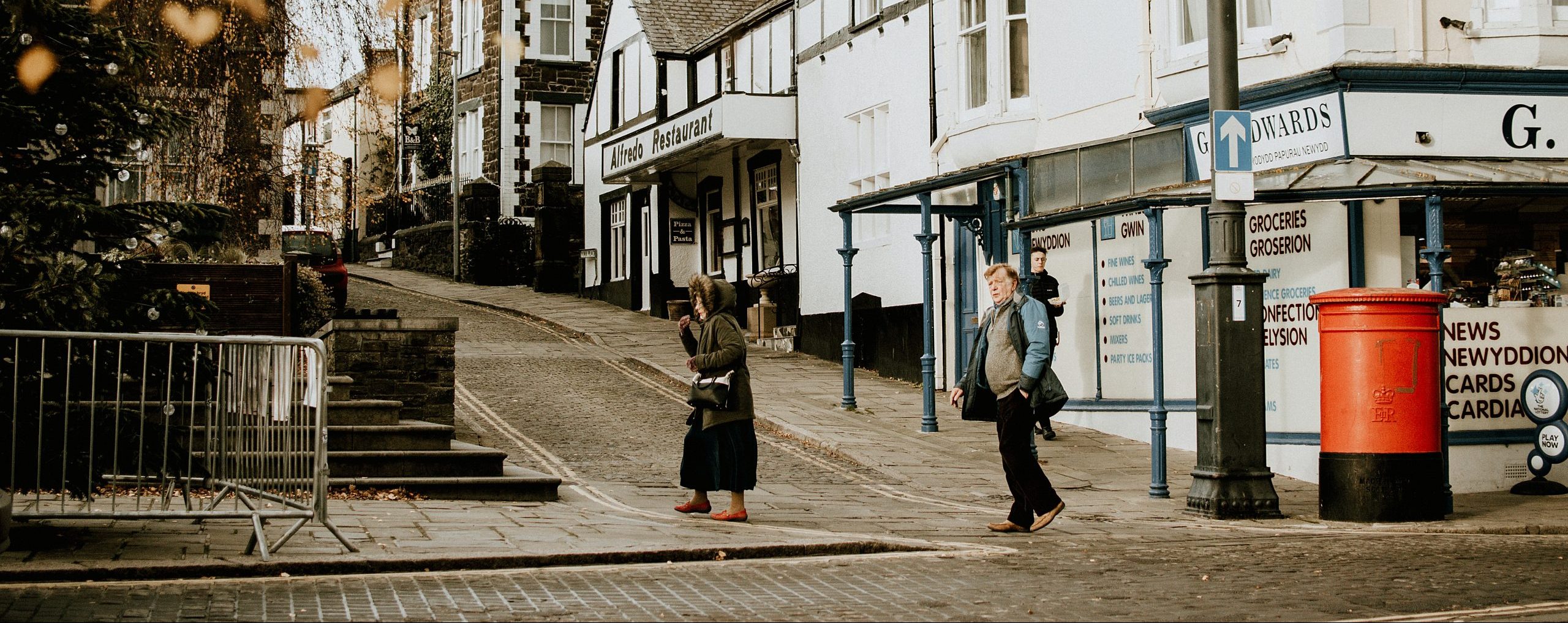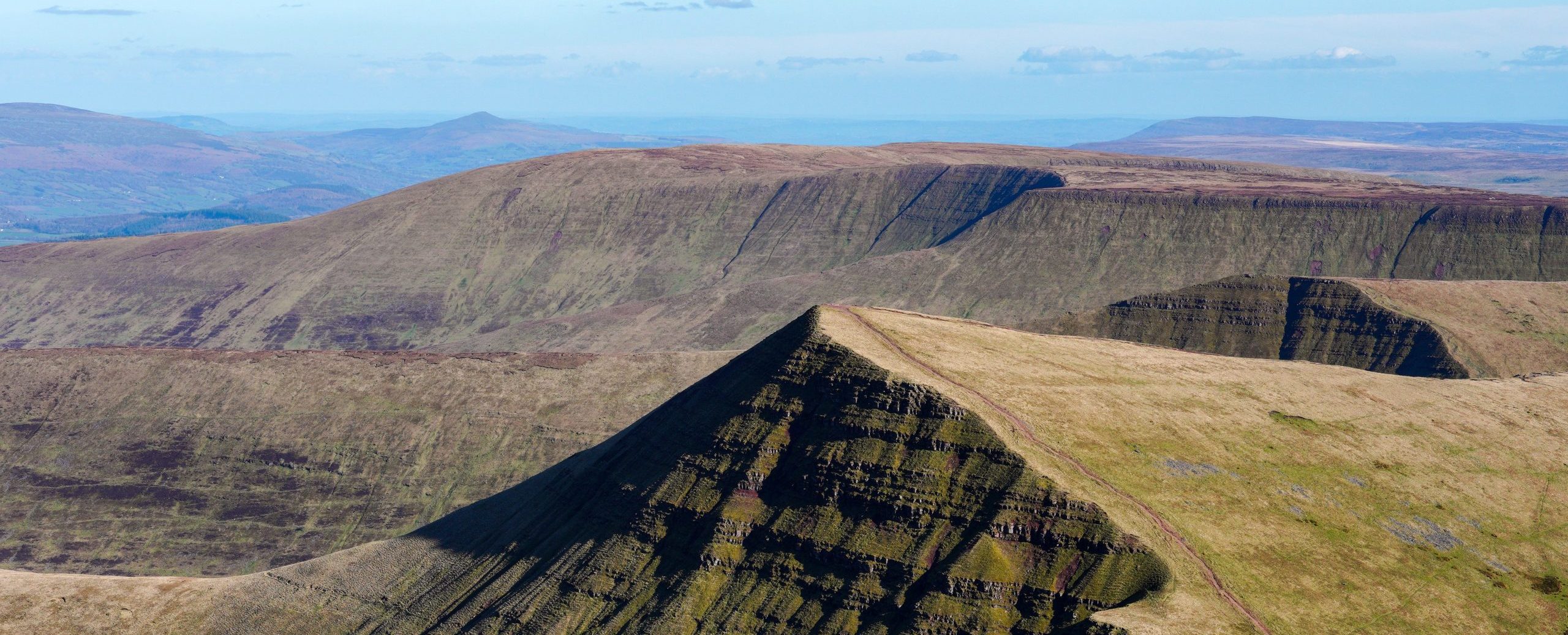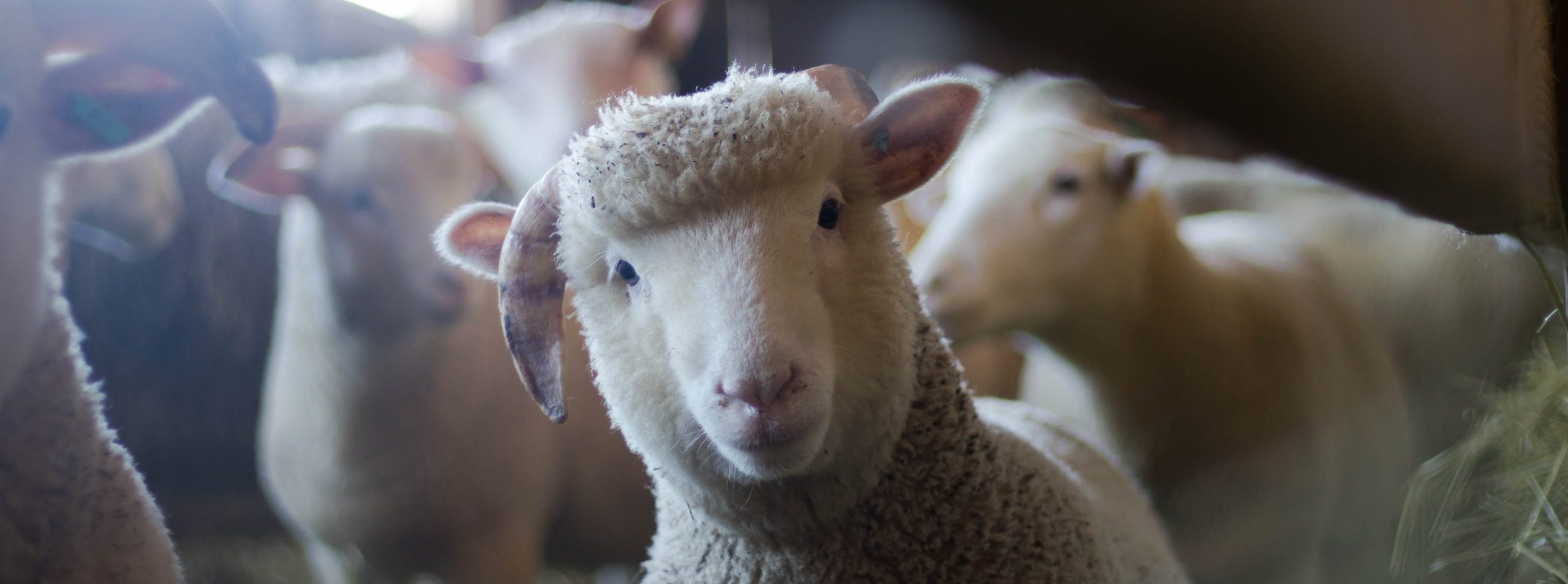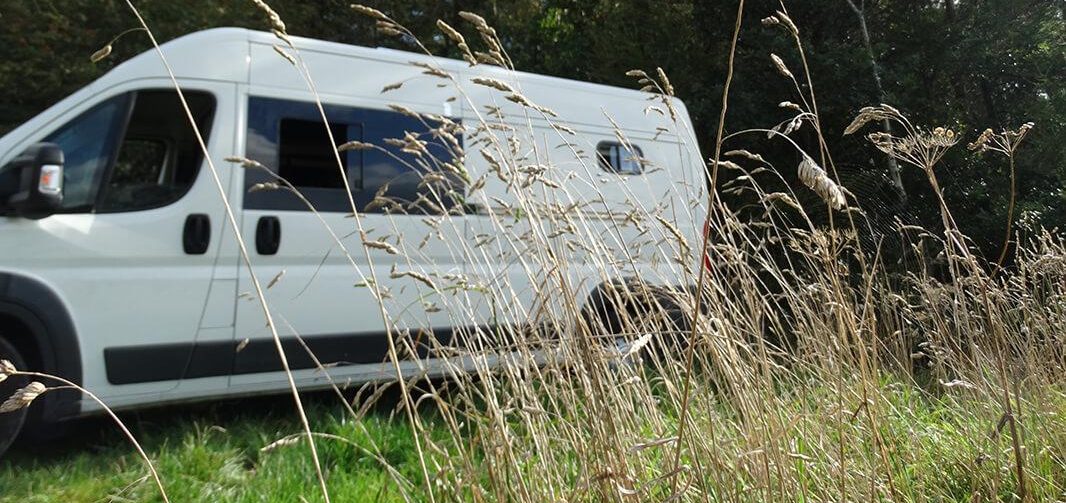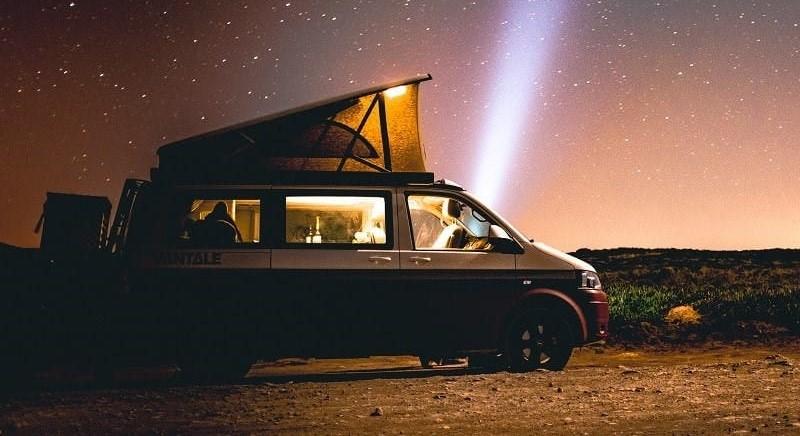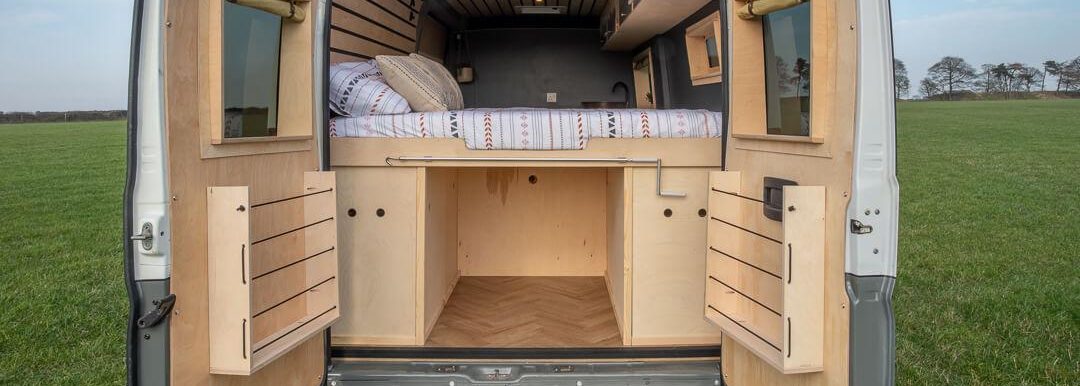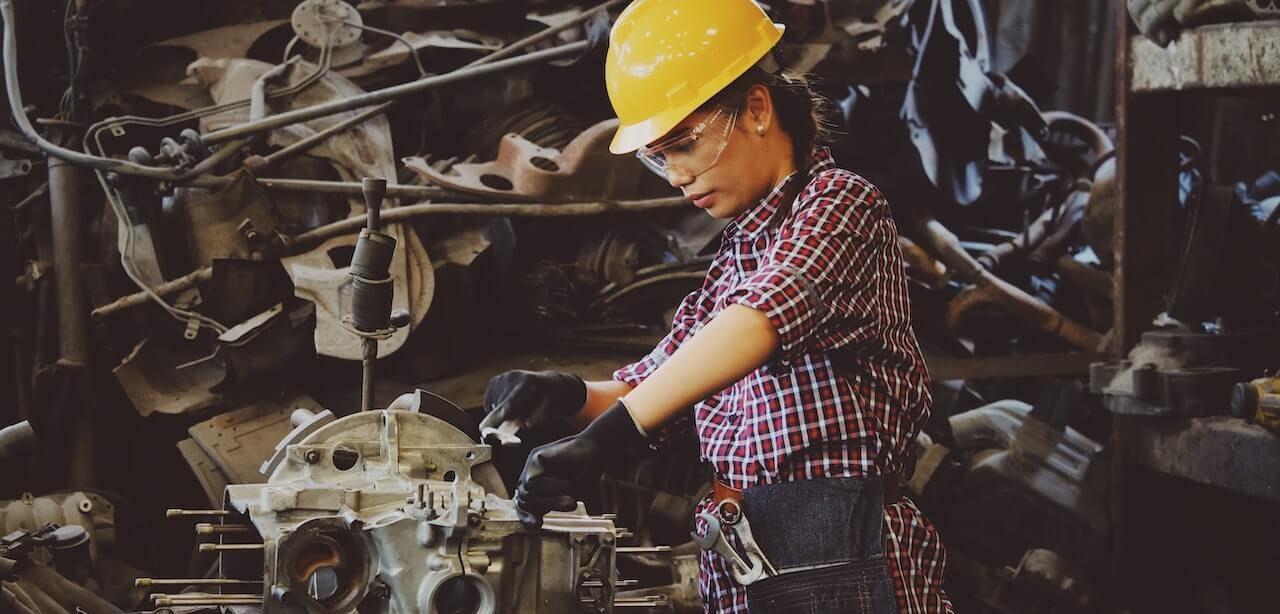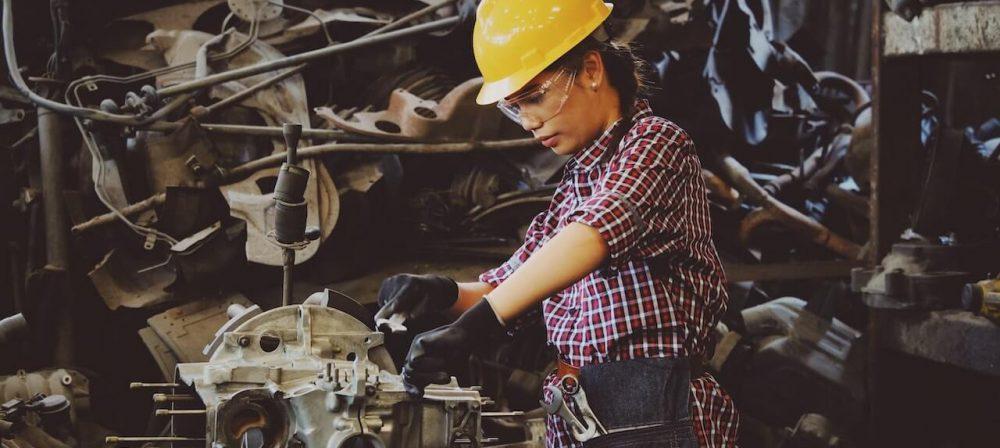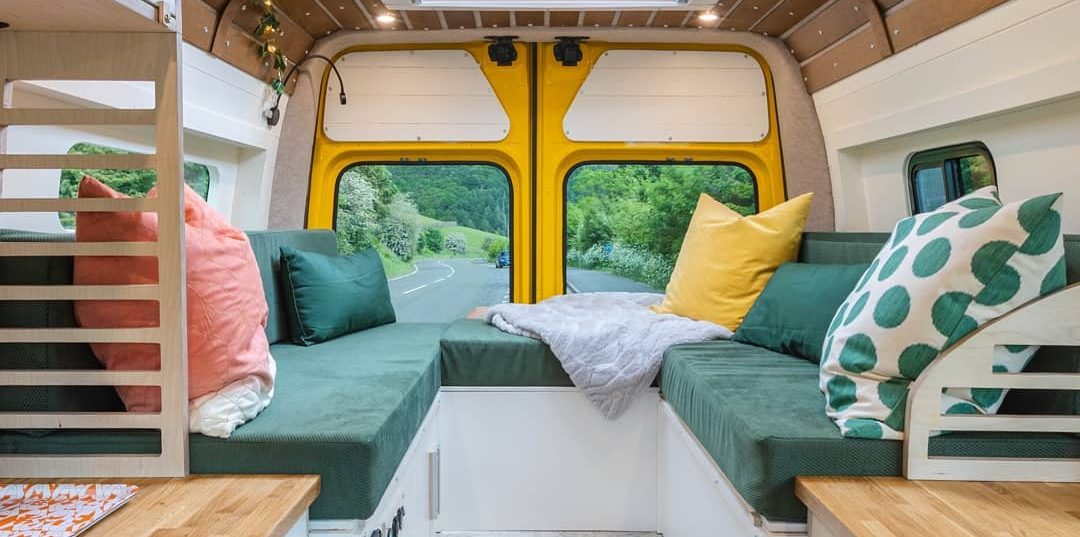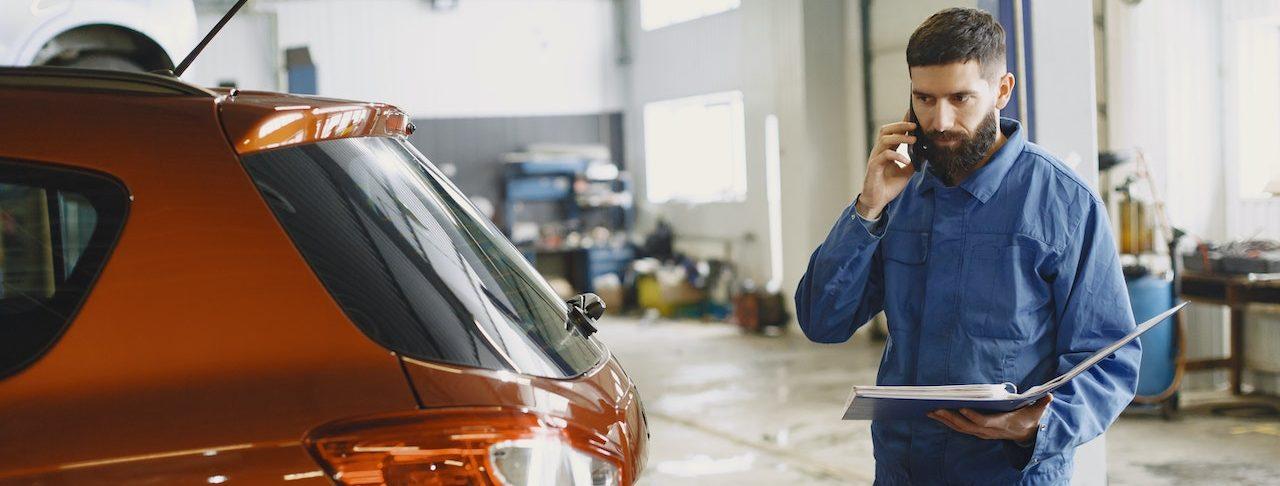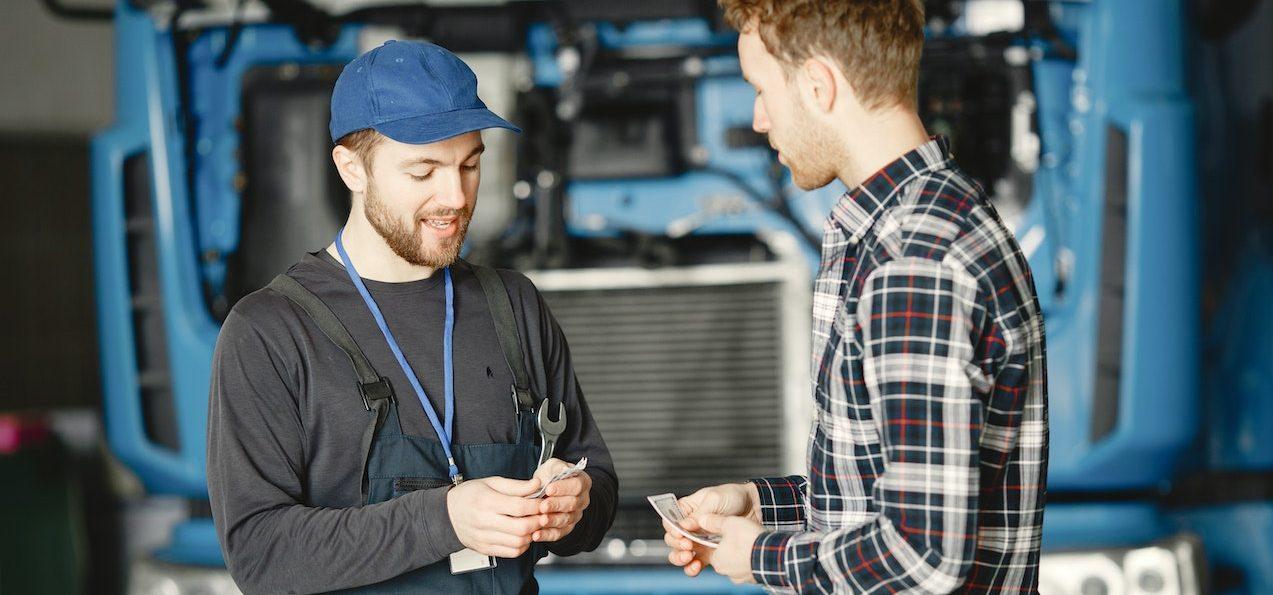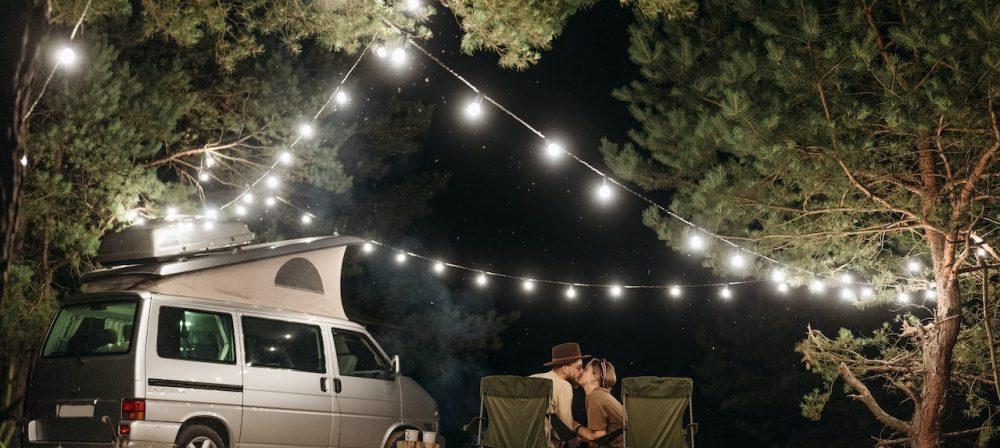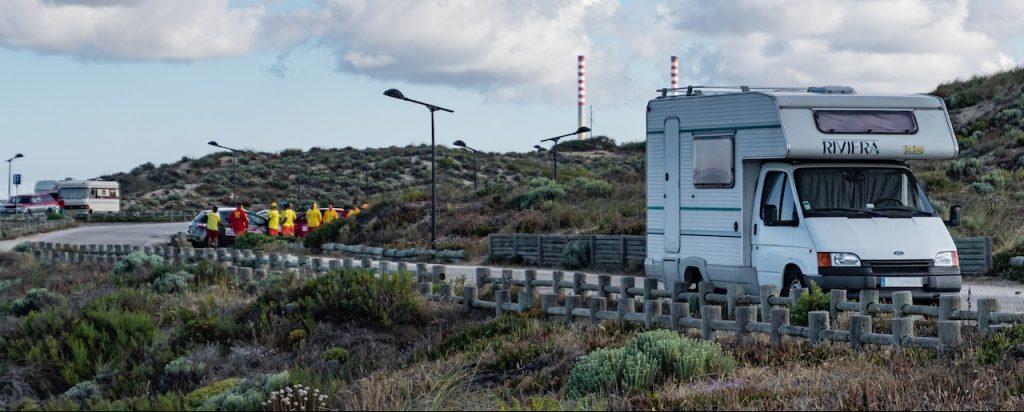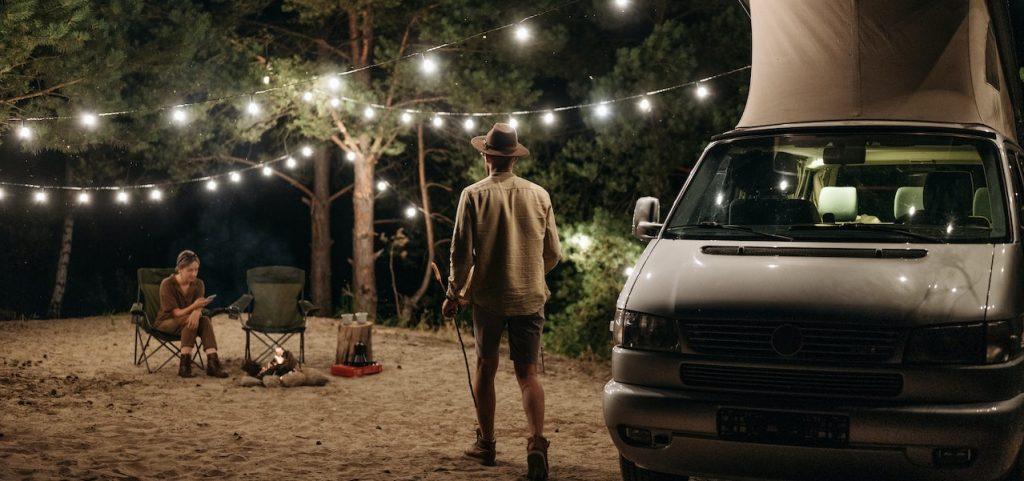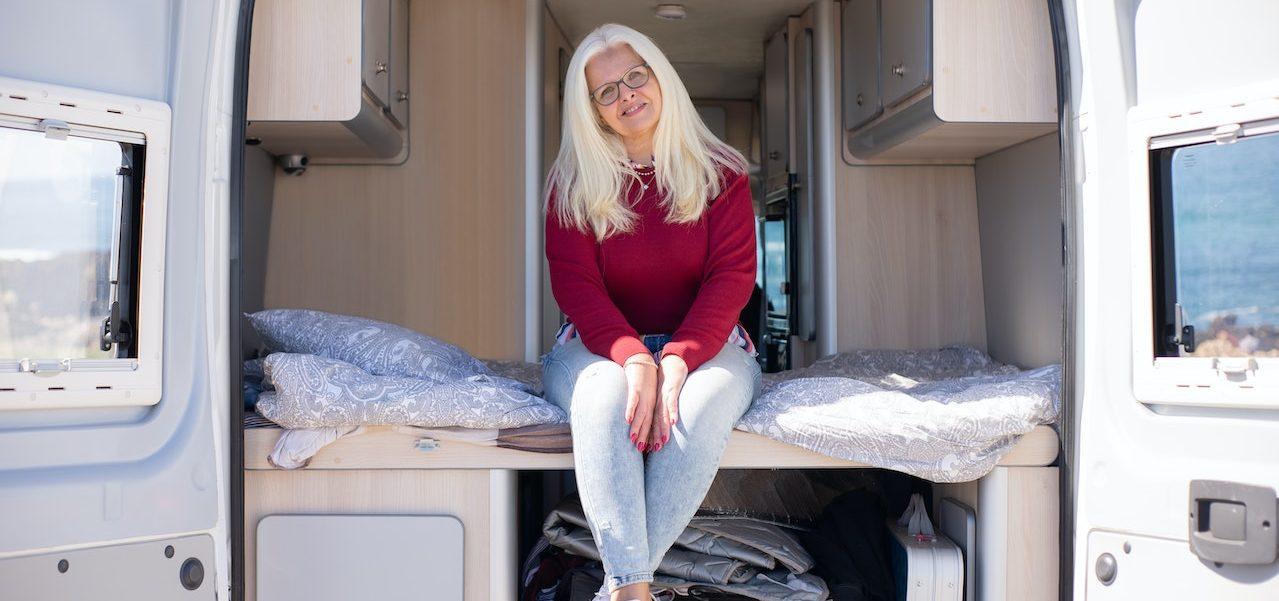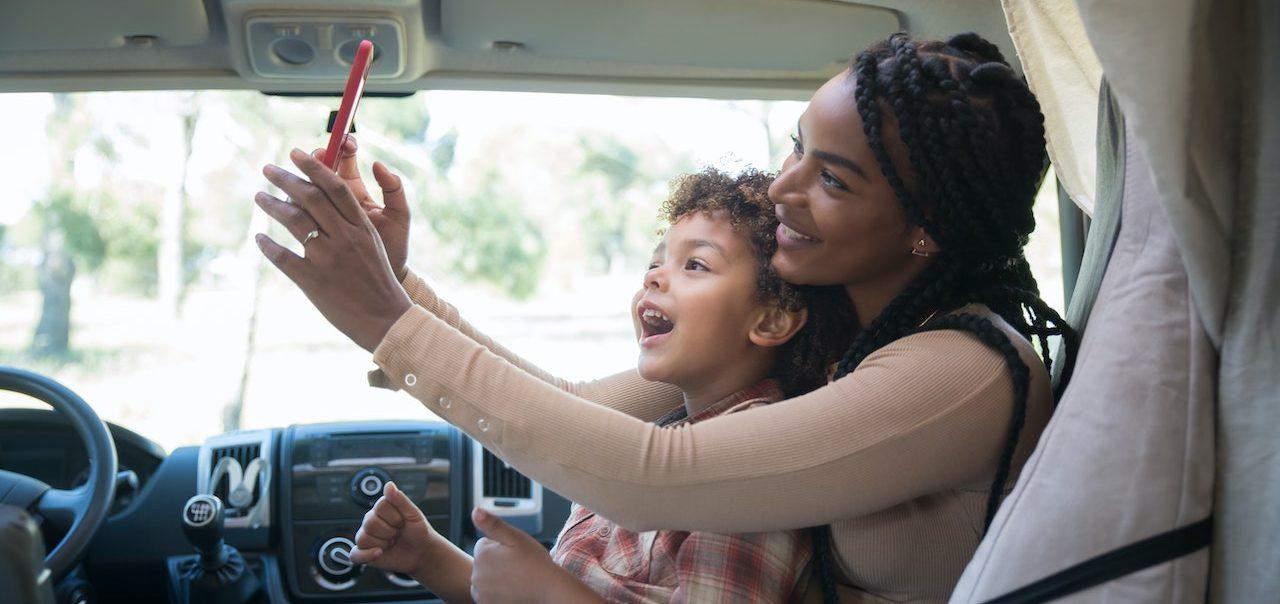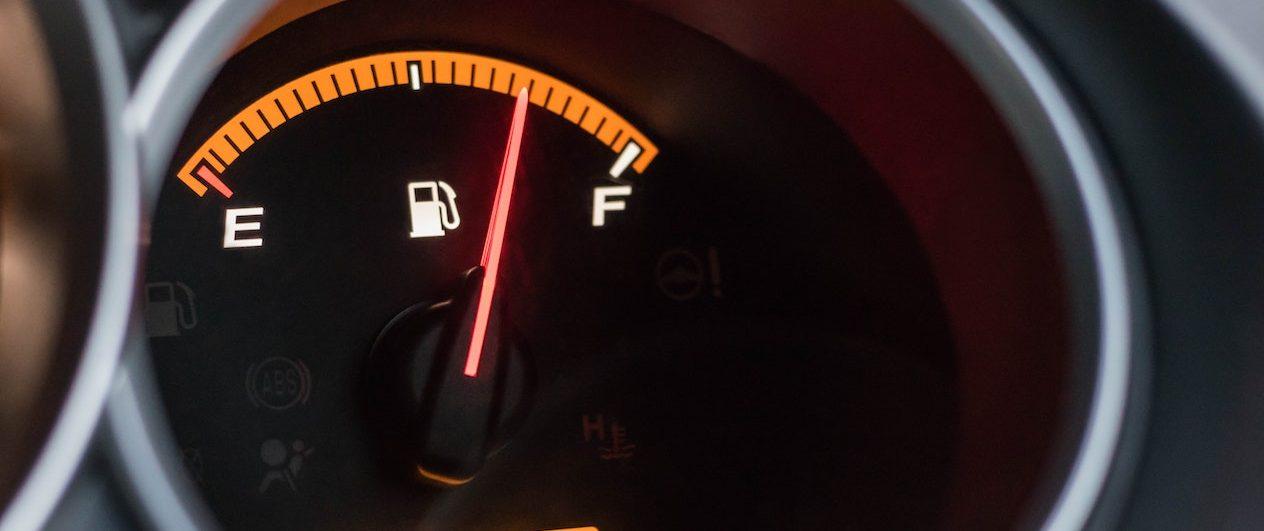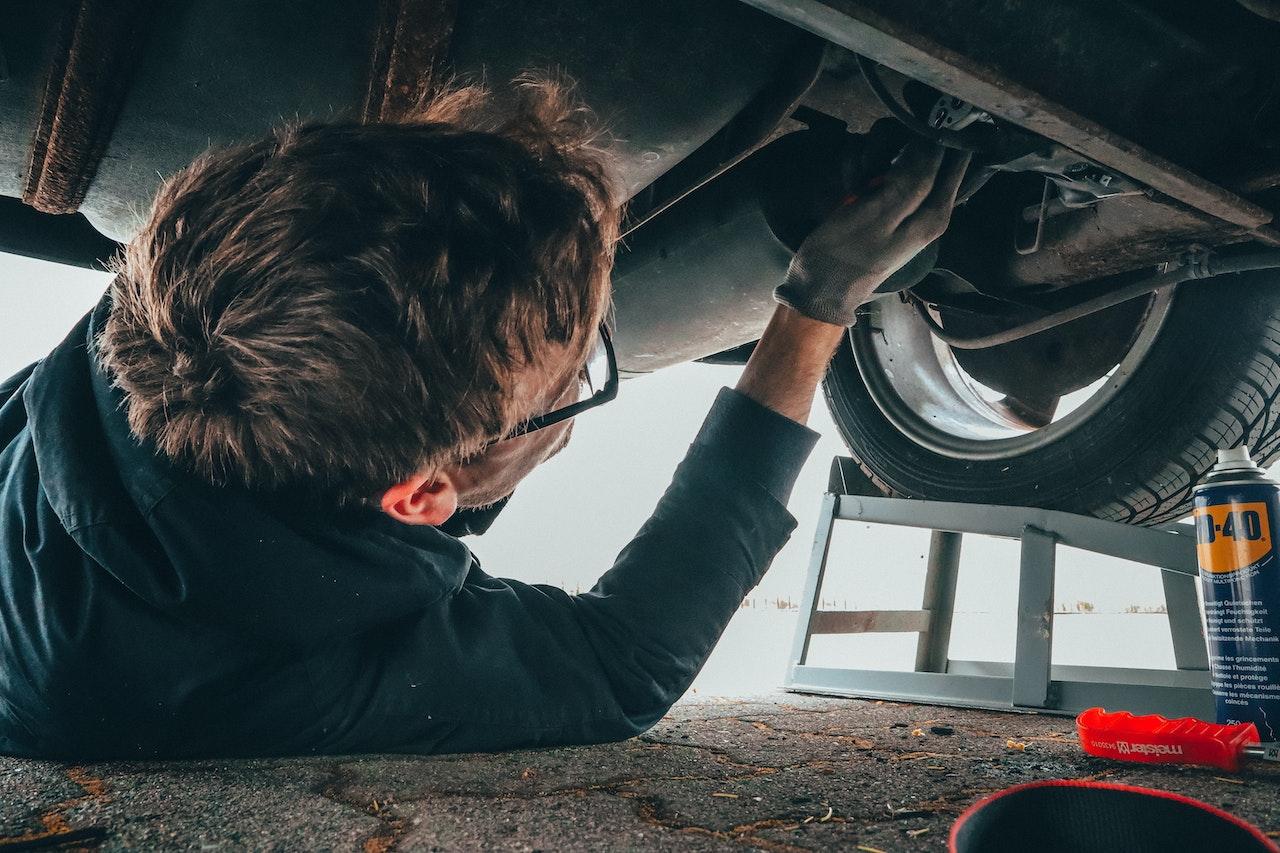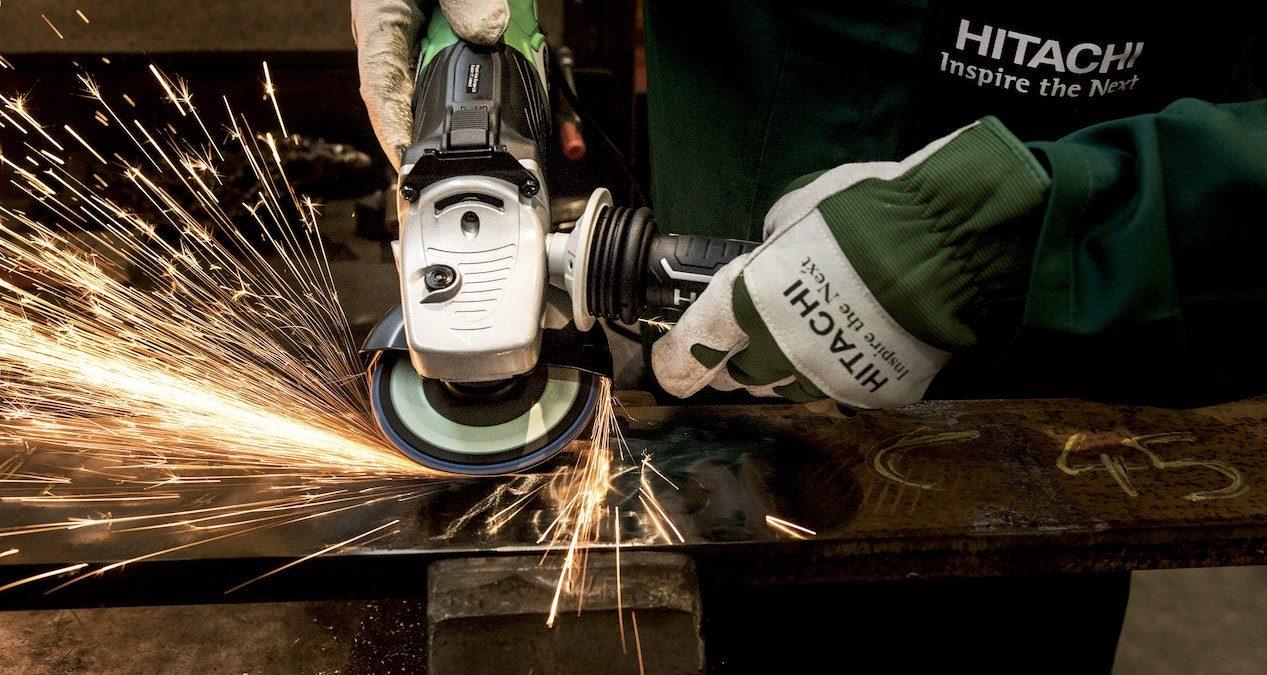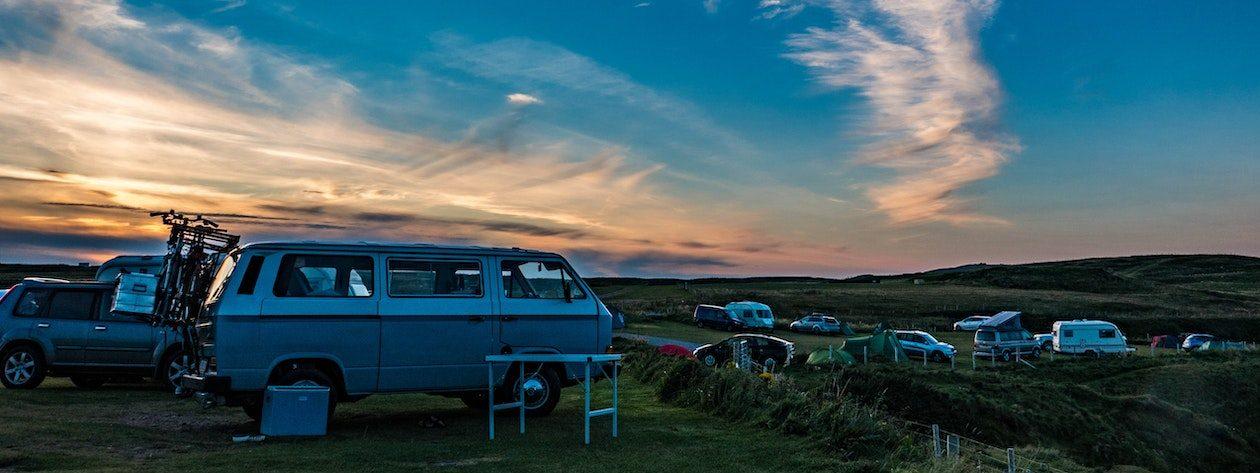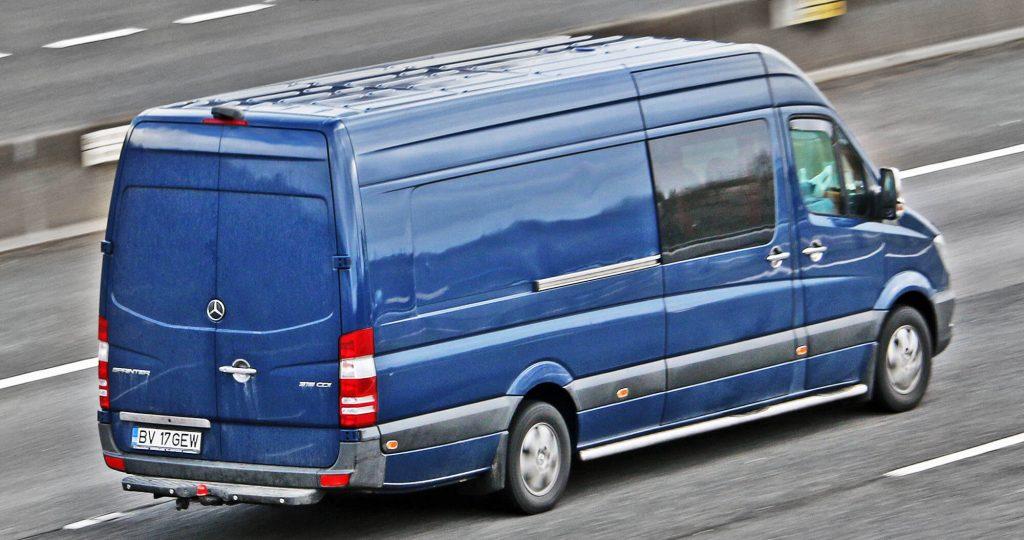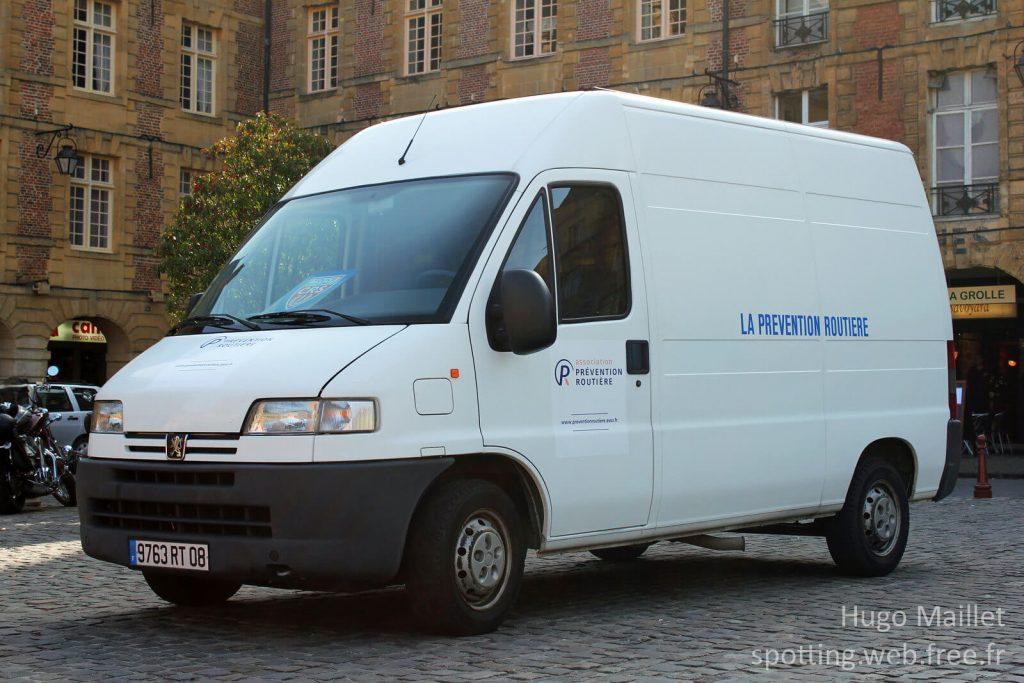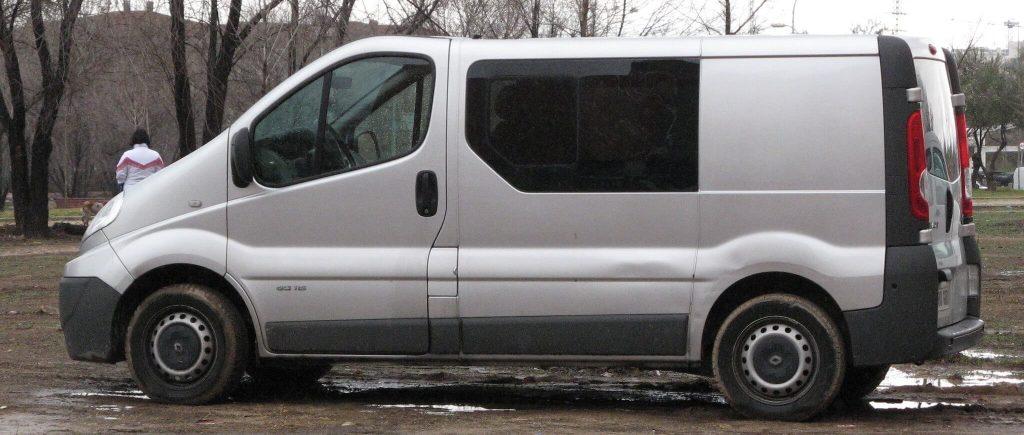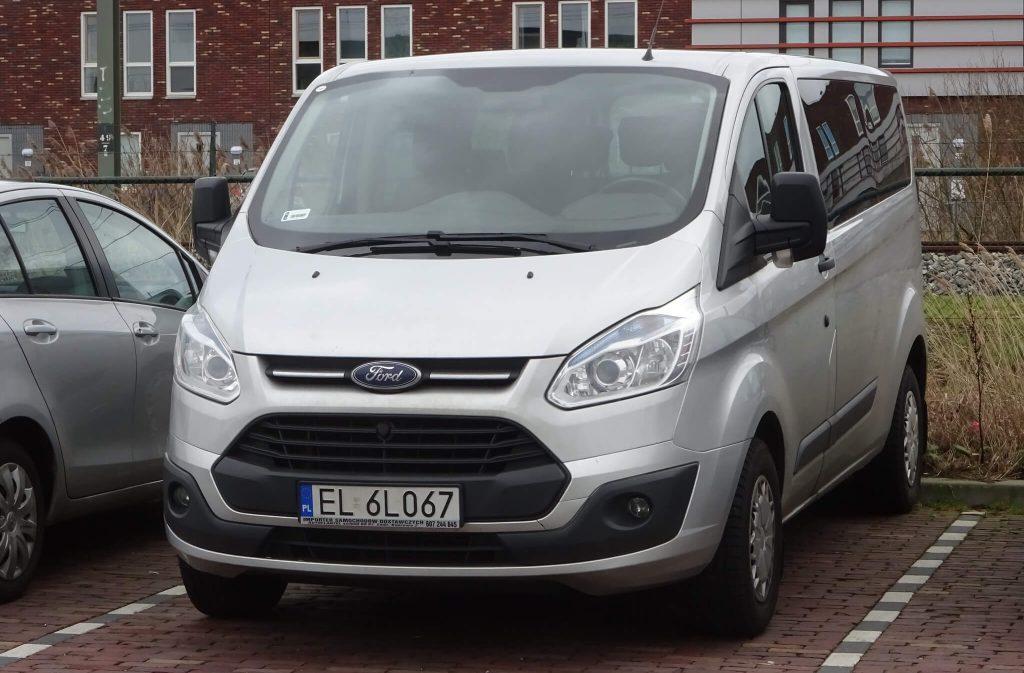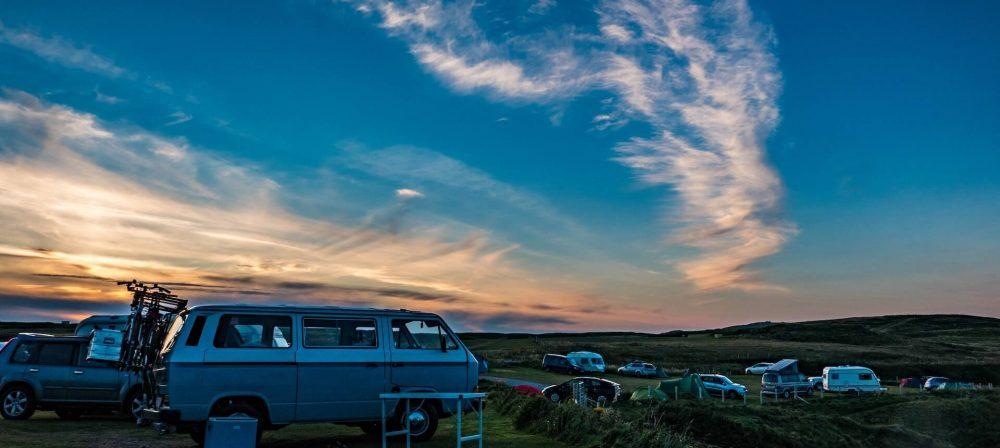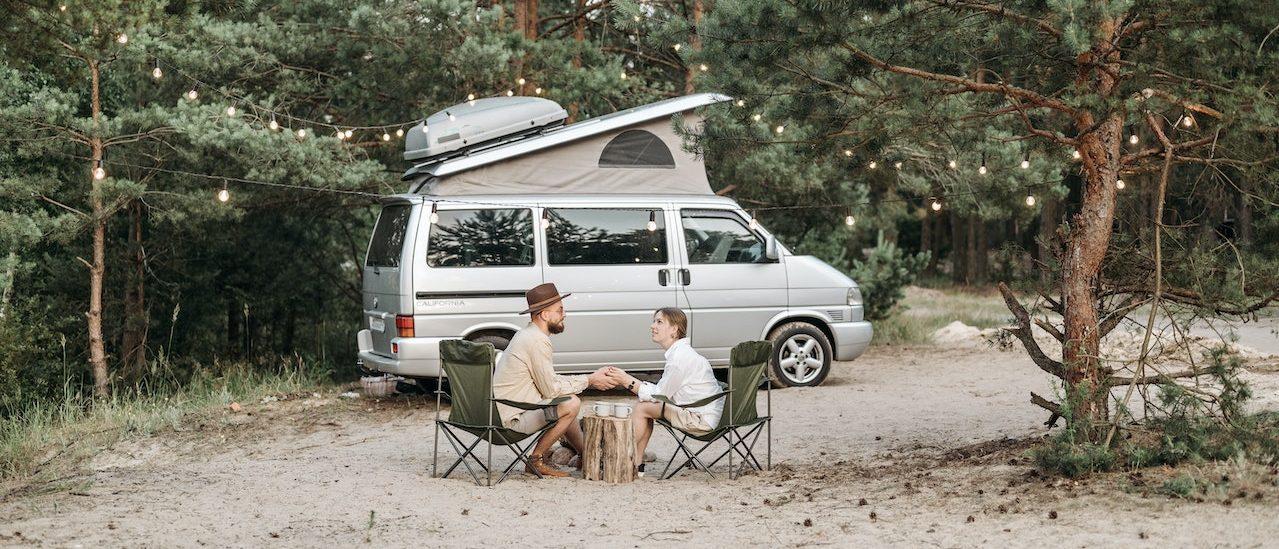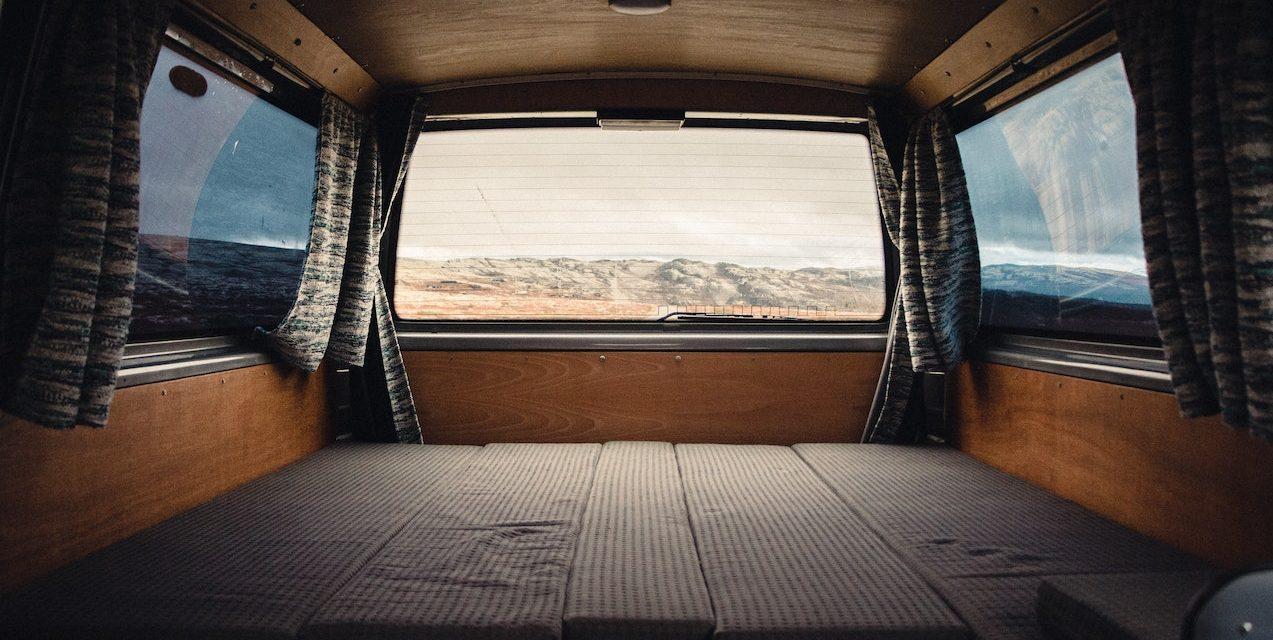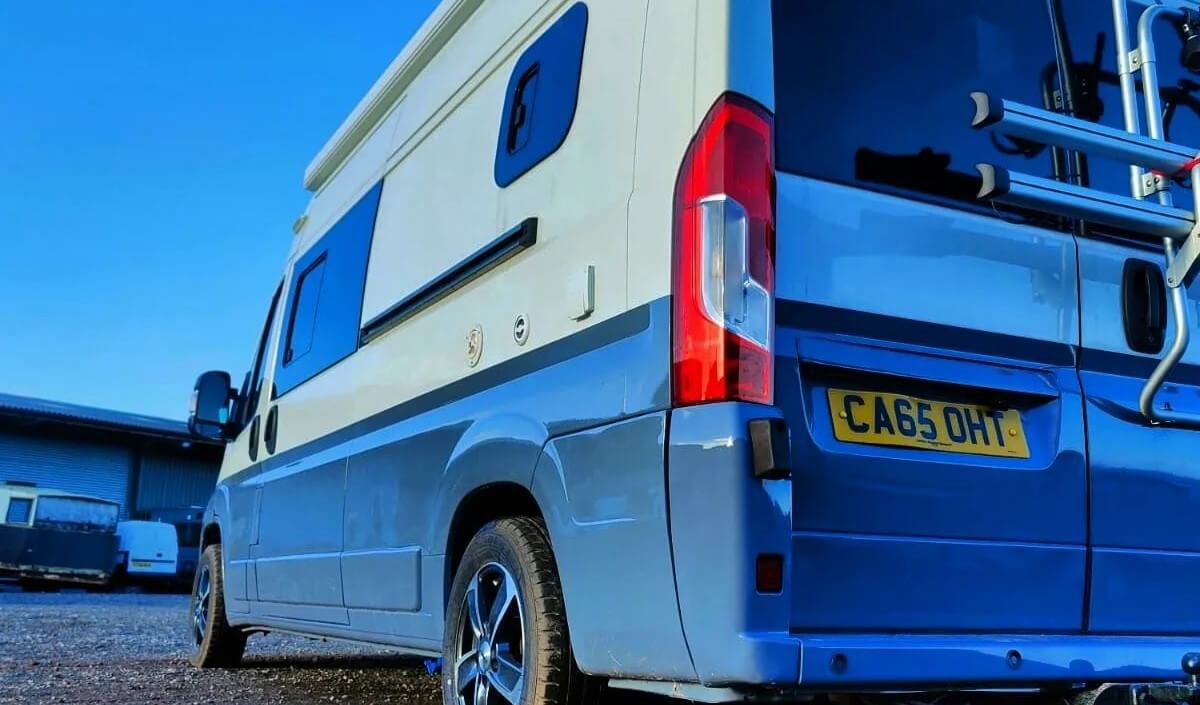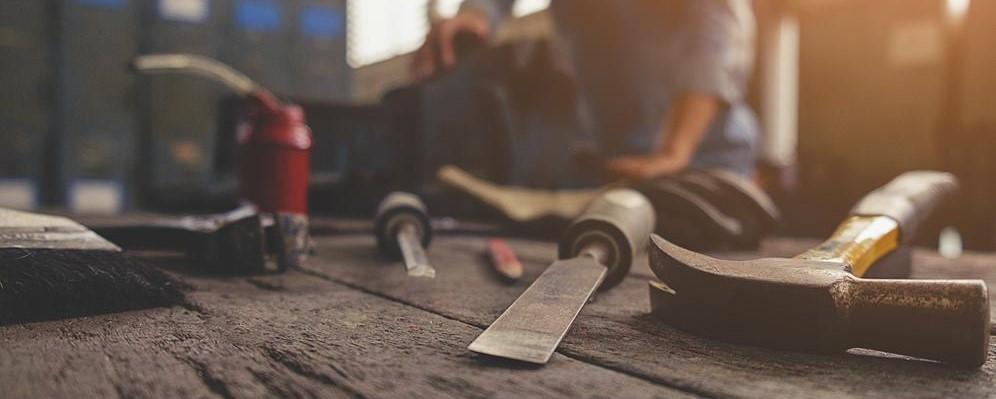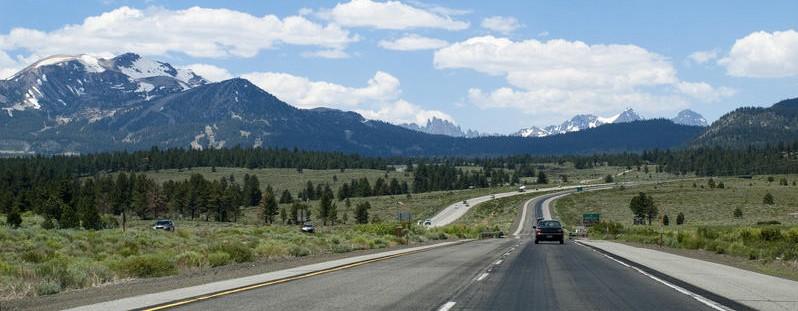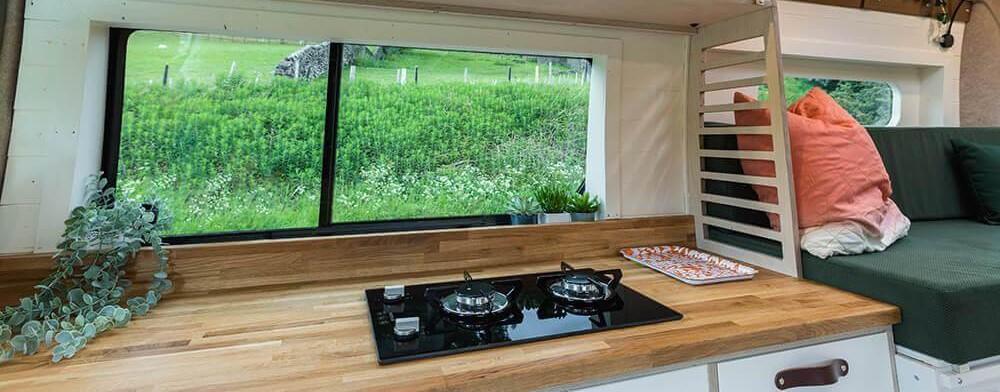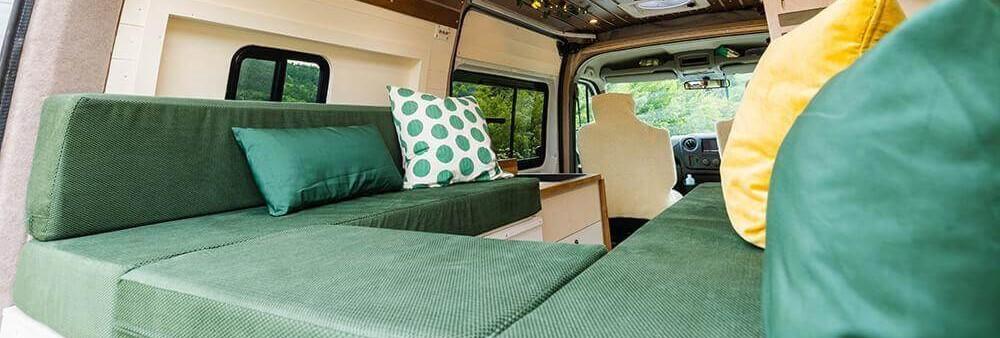It doesn’t matter whether you’re buying a car, motorcycle, or van – everyone wants a reliable vehicle they can trust. And while no vehicle is immune to breakdowns, you want a campervan that isn’t going to leave you waiting at the side of the road praying for breakdown assistance to turn up.
If you’re going to spend money to buy and convert a van, you’ll be extra focused on the van’s reliability. Before we look at the most reliable vans to convert into a campervan, here are a few methods you can use to maximise your chance of buying a reliable van.
Study in-depth reviews
Our list will give you a brief overview of each van, but it’s important to do more research beyond what we recommend. You can use sites like Whatcar to get expert reviews which usually cover reliability.
Check the MOT history
While we can generalise a van’s reliability, it’s important to remember that every vehicle is different. Two vans with the same make and model can have different histories. There’s an element of luck attached to owning a vehicle, as you’ll know if you’ve owned or own one. You can build up a picture of a van’s reliability by looking at its MOT history. The DVLA provides a simple MOT history tool, all you need is the vehicle registration plate.
Check the service history
Unlike an MOT, servicing isn’t a legal requirement so it can be a little harder to obtain if the current owner has none or only part of the service history. While it’s advisable to buy a van with a service history, it’s down to you whether you think it’s essential. You may be able to knock a bit off of the price, which is appealing to some buyers. It’s also possible to track down the service history if you speak to the manufacturer, so it isn’t always a lost cause.
Check social media and forums
You can use Facebook groups and forums to ask questions about the campervan you want to buy. Some of the members may have years’ worth of experience buying, converting and driving campervans and their advice could be invaluable.
Should I buy new or used?
While a new van is more likely to be reliable than a used van, you’d have to buy the van outright or take a loan if you want to convert it. You won’t be able to convert a van you lease and hire purchase vans usually have strict rules about any adaptations before you own the van. You could explore buying a brand new campervan that you don’t need to convert, but that’s the most expensive option.
Further reading: Campervan conversion vs buying a campervan
10 most reliable vans to convert into a campervan
Thanks to the Fleet News FN30 list, we’re able to help you decide what the most reliable van to convert is. The survey asks 50 of the biggest leasing companies in the UK to rate their best commercial fleets on warranties and breakdown issues. There’s also a separate part of the test, where leasing companies answer questions about who they rate as the best manufacturer.
You can use this knowledge and combine it with the methods listed above to ensure you get the van you need. Let’s get started!
1. Mercedes Sprinter
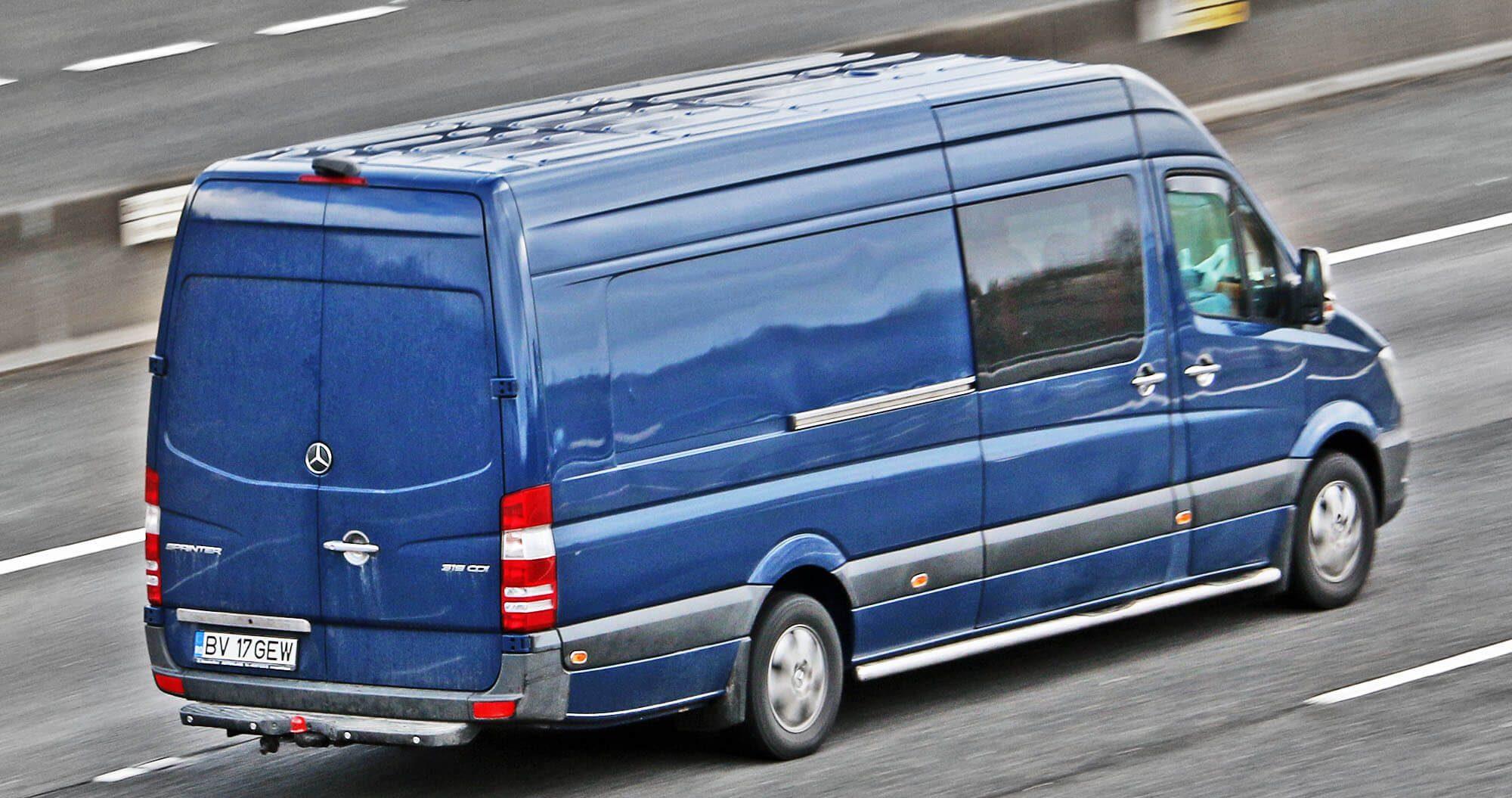
The Mercedes Sprinter has become the gold standard of work vans over the past 25 years and sets the pace for reliability. You’ll find many older models still on the road as well as newer ones and it’s known for its reliable diesel engine. However, all vans have problems and Mercedes parts are expensive. You’ll often have to use the dealer for newer vans due to their complex computer systems.
Is it convertible?
Mercedes Sprinters are one of the most popular vans for conversions because of their durability and versatility. The space in a Sprinter is highly customisable due to its use as a cargo van. The Sprinter has a great reputation among campers, and you’ll only have to ask around to find out why. And their popularity means it shouldn’t take long to find a van. The main downside is the price tag and any potential repairs. It’s a big van as well, so while that makes it ideal for some, others won’t enjoy driving such a big vehicle.
Generations: 3
First production year: 1995
Engines: Petrol, diesel, electric
Body style: Large van
Further reading: 5 best large vans to convert to a camper
2. VW Transporter
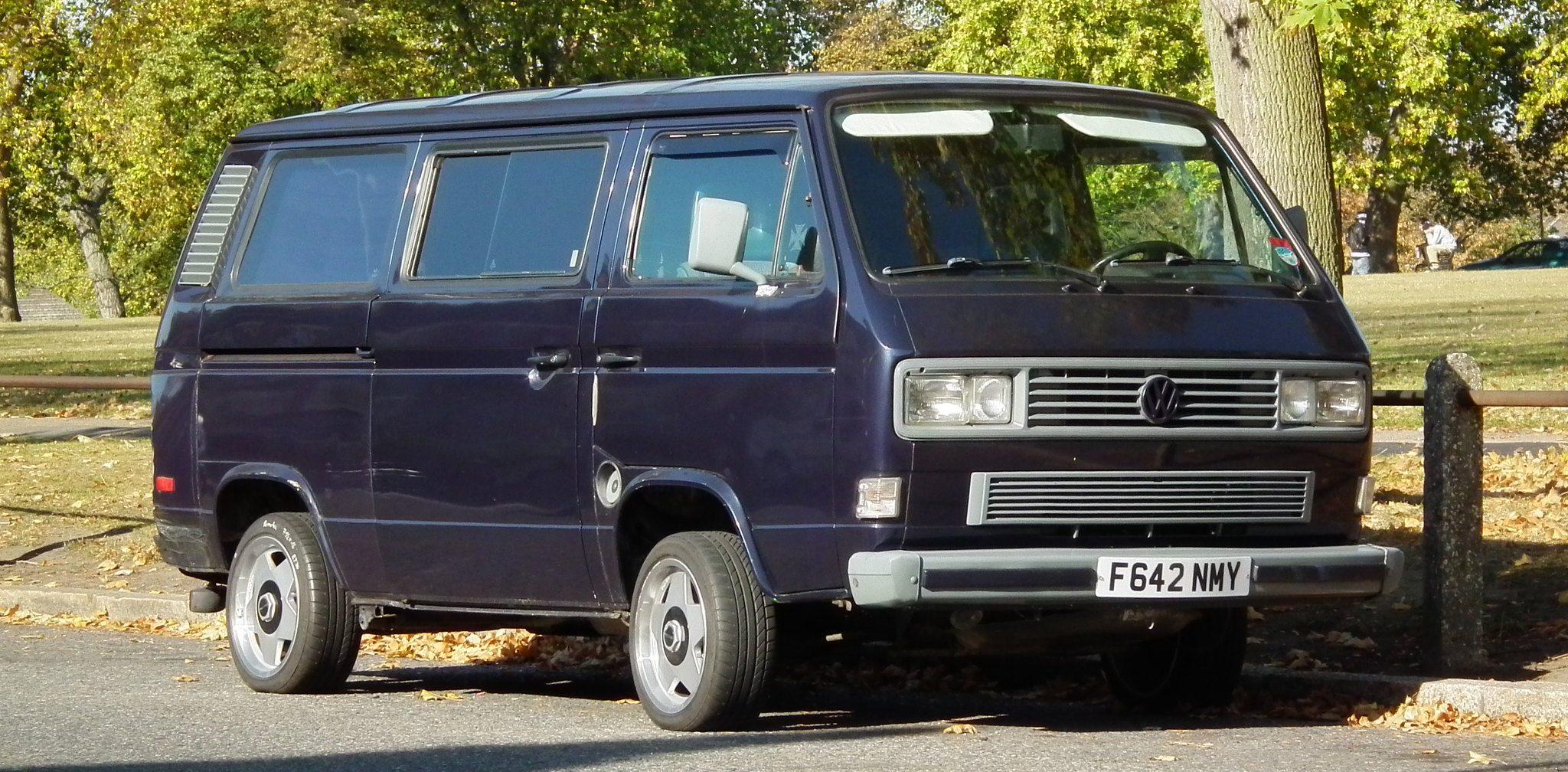
The VW Transporter has been in production since the late 1940s, so that should tell you something about how reliable they are. If you look around while you’re out you’ll see plenty of older vehicles, adding to their dependability rating. However, no van is immune to problems so if you do have to get any repairs done it could be expensive. If you maintain the van properly, they have an extraordinary shelf-life and can do 200,000 plus miles. They’re also great to look at and still hold their value if you look after them.
Is it convertible?
If you’re using your van as a rentable asset, the Transporter is ideal. The van is an iconic part of Western culture and has something of a cult following. Because these vans hold their value you could still have a valuable asset if you do want to sell it. There’ll be plenty of converters who specialise in Transporters as it’s such an iconic camper.
Generations: 7
First production year: 1949
Engines: Petrol, diesel, electric
Body style: Medium-sized van
3. Nissan NV200
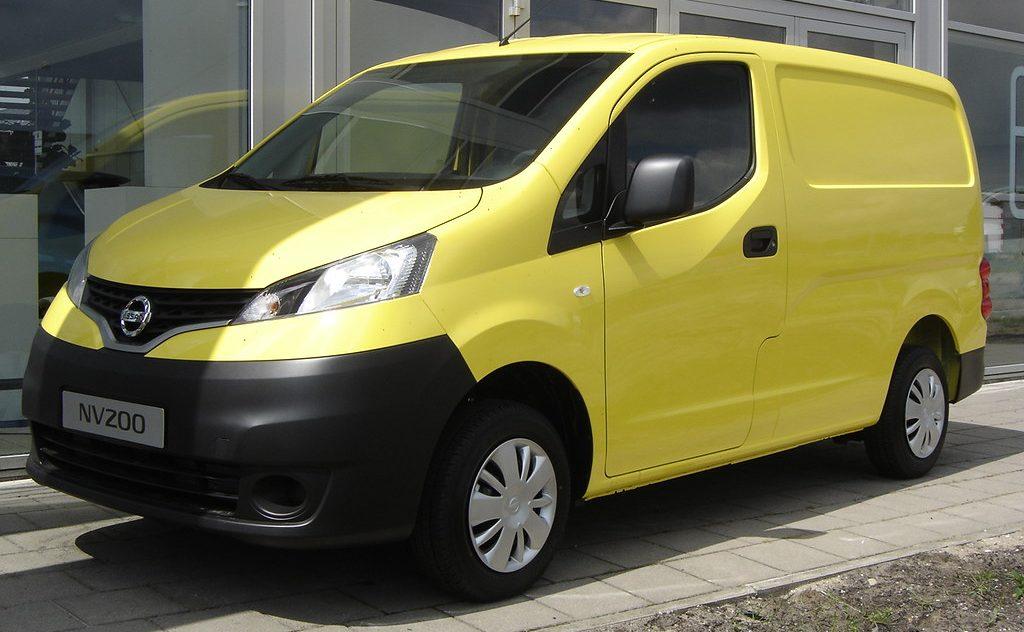
The Nissan NV200 is a reliable van and is ideal as an alternative to a Ford Transit. It’s a compact van that’s known for its fuel efficiency and The NV200s overall compact length, short wheelbase, extended legroom, and affordability make this an ideal choice if you need to get in and out of tight spaces, are very tall, or have a small budget.
Is it convertible?
The NV200 is being discontinued, so if you want to get your hands on a potentially rare van and build something unique, it could be the van for you. Its low-loading floor means it’ll be easy to access when you need to get in and out of your living space, so if you have physical difficulties or you’re tall it could work for you. It’s fairly cheap as well, so you can spend more money on your conversion.
Generations: 3
First production year: 2009
Engines: Petrol, diesel, electric
Body style: Medium-sized van
4. Mercedes Vito
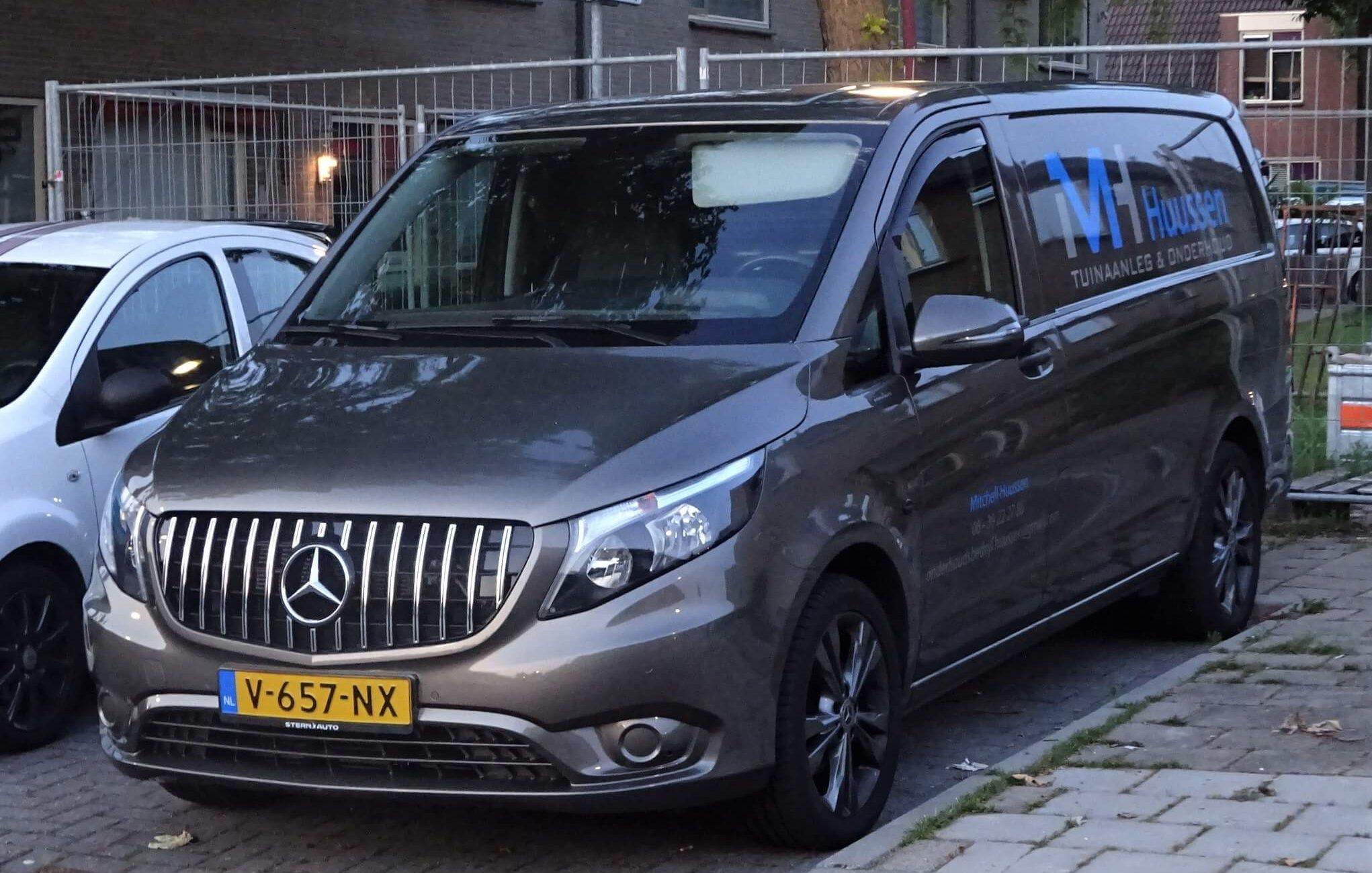
The Vito is a medium-sized van known for its dependability and is a popular choice for people that value Mercedes’ reputation for making quality vehicles. The Vito also comes with a 12-year anti-corrosion guarantee, so your van won’t rust easily. While it isn’t as popular as the Sprinter, it’s still a great alternative. You’ll also have to factor in the cost of parts, which are expensive so any repairs could be costly.
Is it convertible?
The Mercedes is a popular van for conversions, which is largely down to the Mercedes brand building vans that have superb engines and performance. It’s a lot easier to drive around than a Sprinter and is closer to driving a car. The width of the interior is also generous for a smaller van, which makes it ideal for maximising your living space. The main factor to consider is the price of the van and the price of replacement parts, you don’t want to price yourself out of converting before you’ve started.
Generations: 3
First production year: 1996
Engines: Petrol, diesel, electric
Body style: Medium-sized van
5. VW Caddy
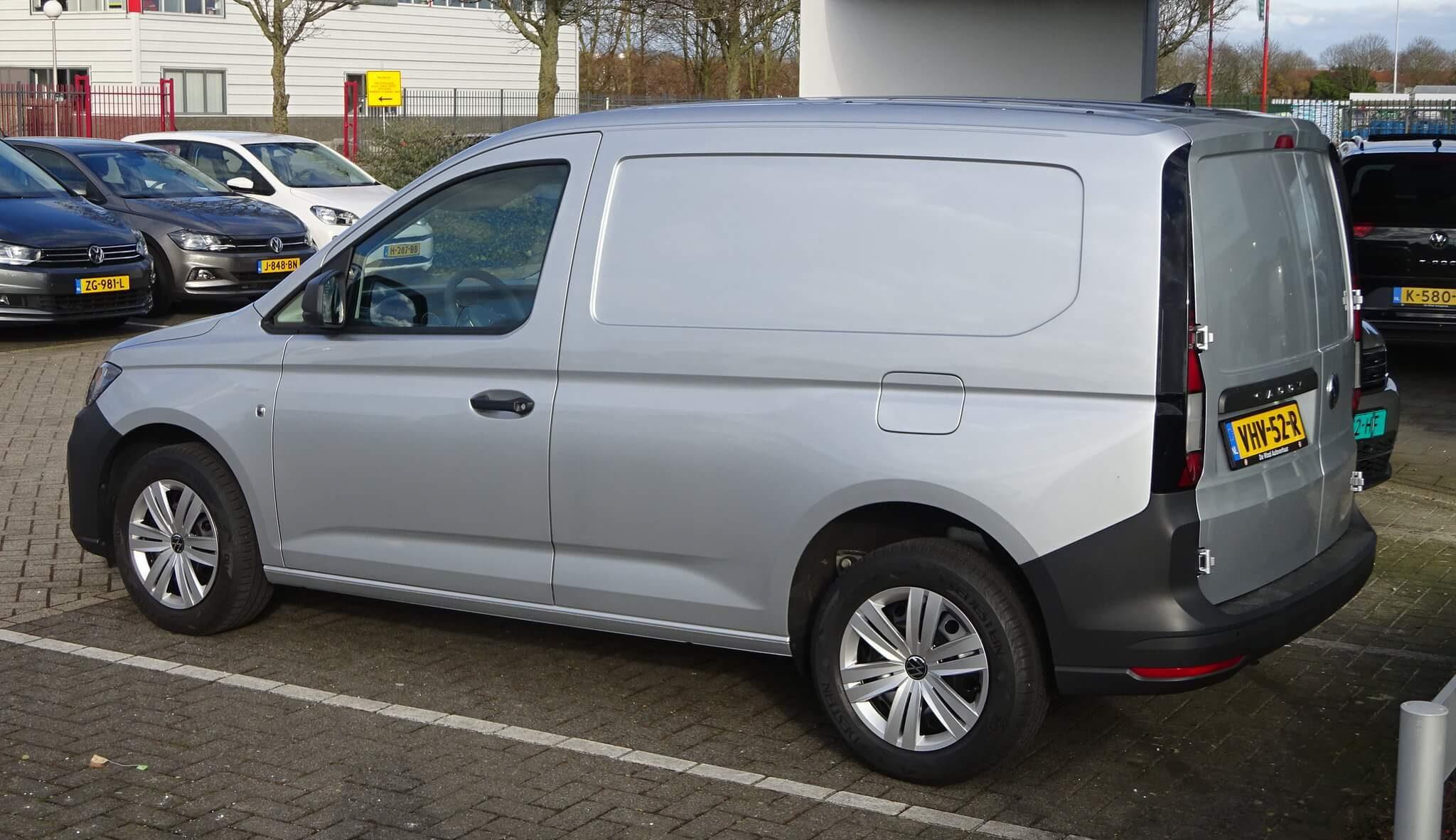
The Volkswagen Caddy has a great reputation for being reliable and Volkswagen has an excellent reputation for building light commercial vehicles. However, Volkswagen isn’t known for being cheap, but that’s because they use quality parts. It may be more expensive than some other small vans, but it might be worth the extra cash. A Caddy can do anywhere between 100,000 and 200,000 miles if it’s maintained and driven properly.
Is it convertible?
If you aren’t planning to do too much off-road driving, the Caddy could be for you. While it doesn’t excel in comfortable driving, you can create a comfortable space when you convert the van. Its main competitor is the Citroen Berlingo, which you should be able to get cheaper. However, you know you’re converting a robust van when you choose the Caddy, and some drive well after ten years plus.
Generations: 5
First production year: 1980
Engines: Petrol, diesel
Body style: Small van
6. Vauxhall Vivaro
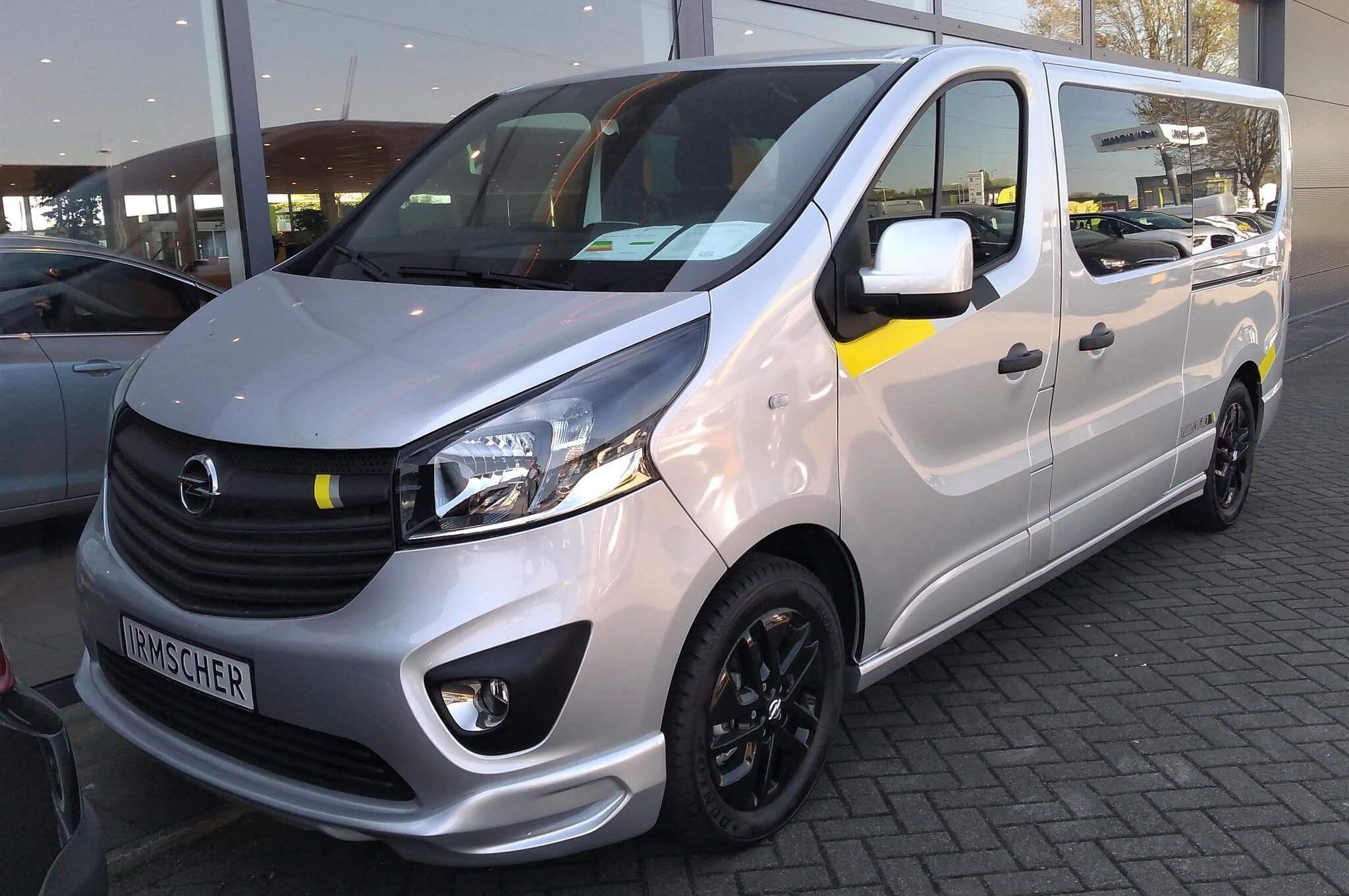
As a British-made van, you can expect the Vivaro to be well-built, especially models built in 2014 and after. Their partnership with Renault allowed them to rectify some problems that surfaced with older vans, making it one of the best mid-sized vans for reliability. Vauxhall engines are built to last, and some can go up to 300,000 miles. Plus, the 1.6 diesel engine is known for its performance.
Is it convertible?
As a mid-sized van, the Vivaro is ideal for people who want to mix work and pleasure. It’s big enough to be comfortable but small enough to drive to work or do your shopping. It’s also big enough to do longer trips without feeling claustrophobic or uncomfortable.
Generations: 3
First production year: 2001
Engines: Petrol, diesel, electric
Body style: Medium-sized van
7. Ford Transit
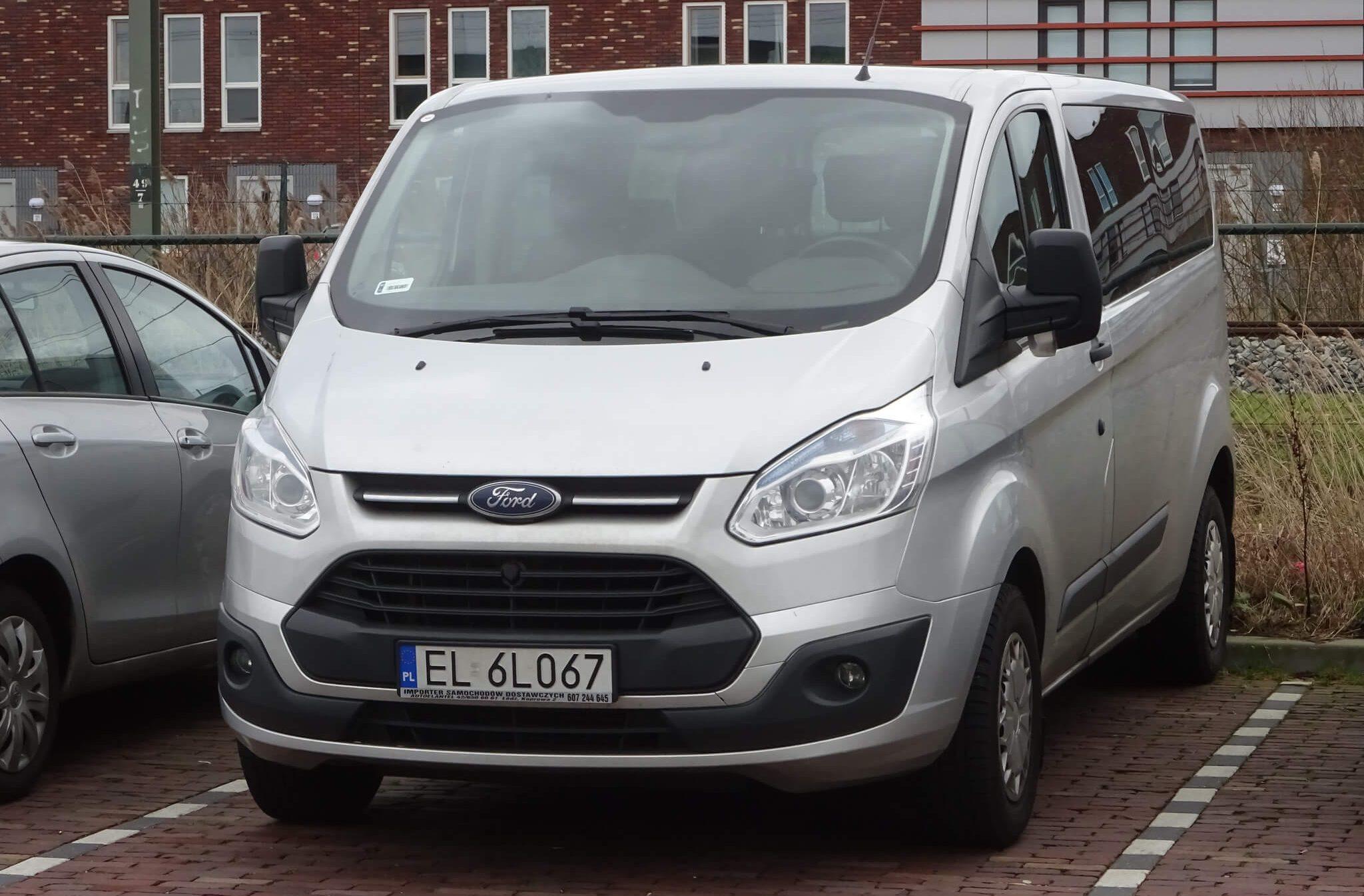
When it comes to reliable vans, the Ford Transit must be the most well-known. And it’s no surprise, the van has been produced since 1965. These vans are known for their reliability considering their size, and complaints are lower than other models. However, watch out for the 2015 and 2016 models as they’re the most troublesome. We’d advise anything from 2017 and beyond for the most reliable van, as previous engine problems were rectified.
Is it convertible?
Ford Transit camper vans offer tons of space, comfy seating, and great fuel economy. Plus, they handle well and are more affordable than Mercedes Sprinters. It has a square shape which makes it ideal for conversions, and it’s one of the most reasonably priced vans on the market. Not to mention, any mechanic can work on a Ford Transit, so you’ll be able to get repairs done quickly.
Generations: 4
First production year: 1965
Engines: Petrol, diesel, electric
Body style: Large van
8. Renault Trafic
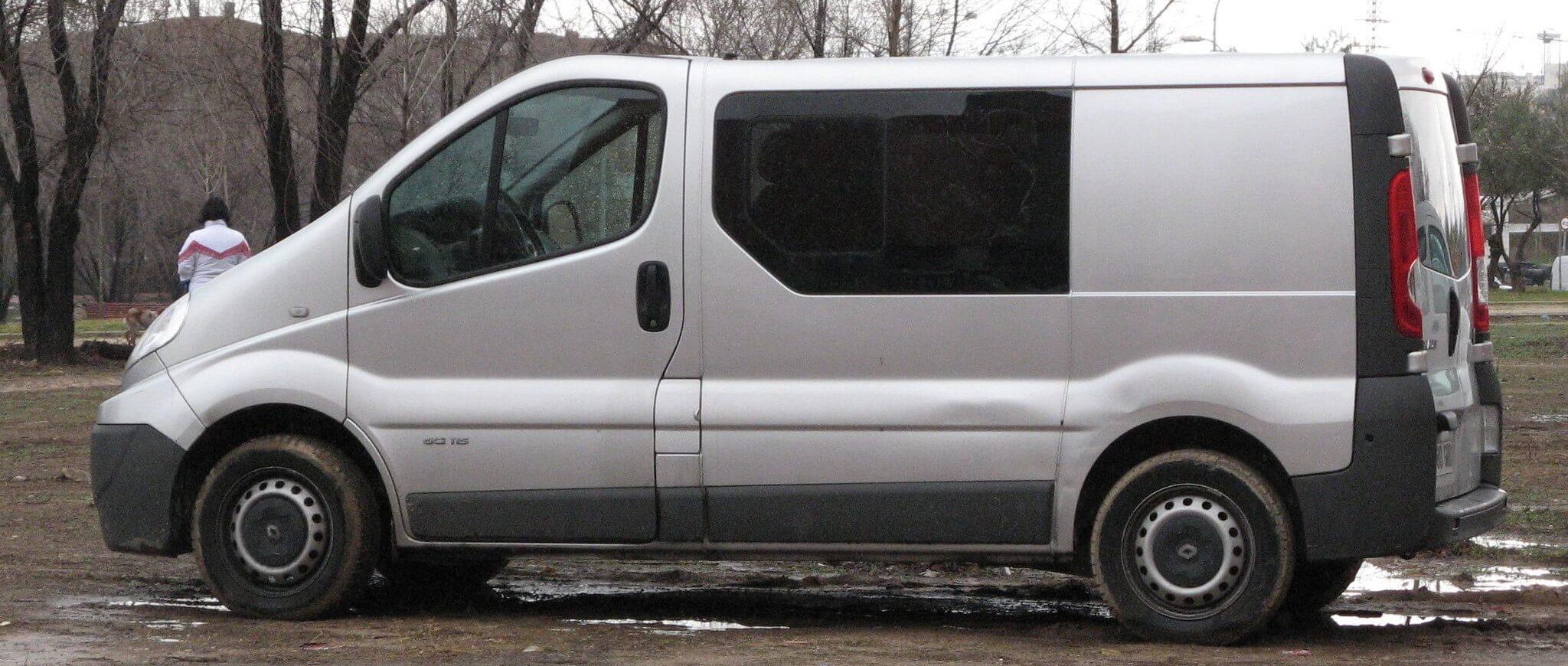
The Renault Trafic is a reliable van, particularly the 2015 model which took the award for the best medium van at the What Van? Awards. When looked after properly, some report that the van can last beyond 300,000 miles.
Is it convertible?
The Renault Trafic is lightweight, fuel-efficient and has a spacious interior, which is everything you want in a campervan. If you aren’t used to driving large vehicles, the Trafic is perfect because it’s so easy to drive. The room in the back is ‘boxy’, so it’s ideal for creating storage solutions and extra space. Overall, the van is flexible and you can get creative with the space. Renault Trafic vans are a solid, dependable and spacious option for your conversion.
Generations: 3
First production year: 1980
Engines: Petrol, diesel
Body style: Medium-sized van
9. Volkswagen Crafter
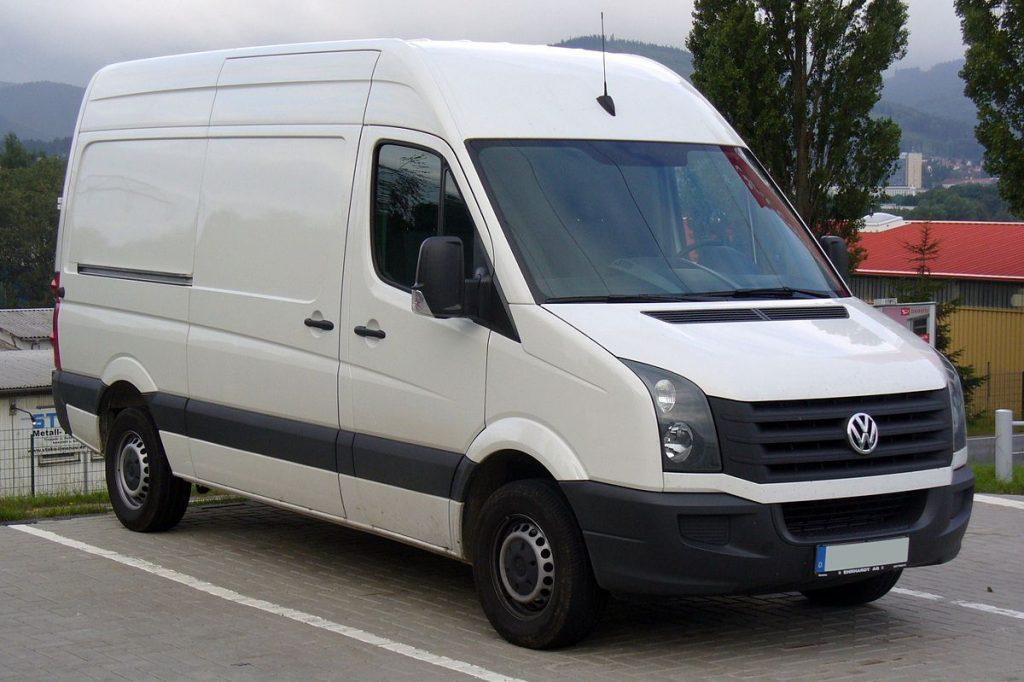
Volkswagen is known for making reliable vehicles, and the VW Crafter is no exception to the rule. The van is also known for its comfort and design, making it one of the most popular large vans in the UK. Volkswagen takes pride in the Crafter by using superior parts, and the 2011 reboot gave it better fuel economy. A more reliable van comes at a price, and you’ll expect to pay more for a Crafter.
Is it convertible?
The Crafter is ideal if you’re factoring reliability into your camper conversion as its high-quality parts minimise the chance of something going wrong. It’s also spacious and has a high roof, so space is at a premium with this van. It drives well too, with a modern driving assist system, an 8-speed automatic option, and FWD, RWD and 4WD. And we don’t need to mention VW’s history-making campervans.
Generations: 2
First production year: 2006
Engines: Petrol, diesel, electric
Body style: Large van
10. Citroen Berlingo
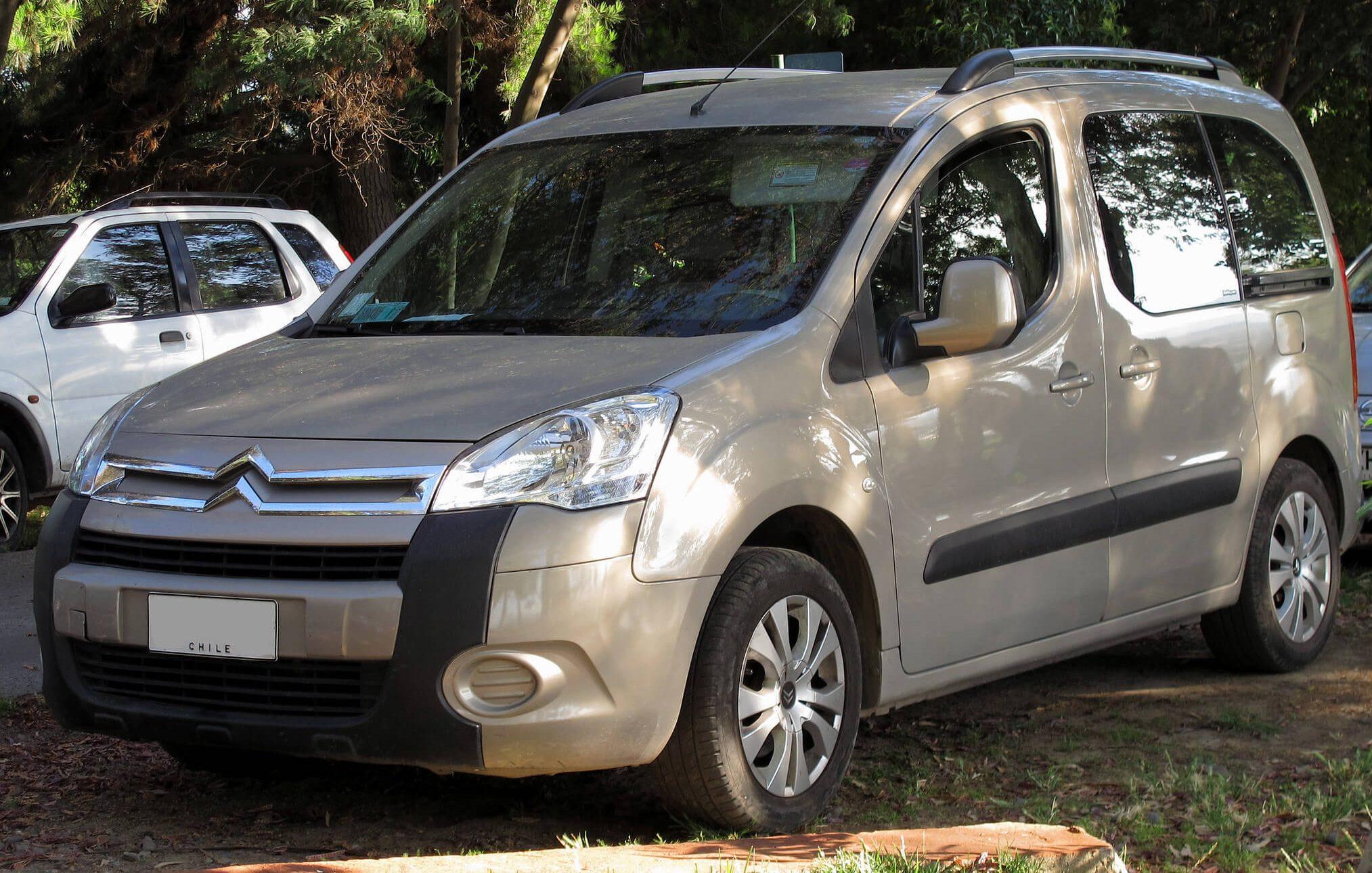
The Citroen Berlingo is well-known for its practicality and how easy it is to drive, and it’s also a reliable vehicle too. The Berlingo is one of the most popular vans in Europe and has received international awards. While the first generation Berlingo had some trouble with its turbo engine, newer models have fixed this problem and newer models are more reliable and perform better – so you can expect some models to go 100,000 to 150,000 miles.
Is it convertible?
The Berlingo is one of the most popular vans to convert into a camper due to its affordability and availability. It’s a popular choice among traditional campers as it offers enough comfort without being the most comfortable campervan to sleep in or drive. Maintenance costs are lower than bigger vans, and it’s an ideal van for your first conversion.
Generations: 7
First production year: 1996
Engines: Petrol, Diesel, Electric
Body style: Small van
Case Study: Transforming a Peugeot Boxer into Ophelia
So there you have it, the most reliable vans for campervan conversions. We hope you leave feeling more positive about buying your van and are always here to offer advice if you need it. Happy van hunting!
Want us to source your van?
At Bhode Vans, we know sourcing a van can be stressful and confusing, so we offer to source a van for you. We’ll work with you to discover what van suits your needs and find some options for you to consider. Plus, nothing gets done without your say-so. Save yourself time and energy by using us to source your van. If you’d like to know more visit our enquiry page.
